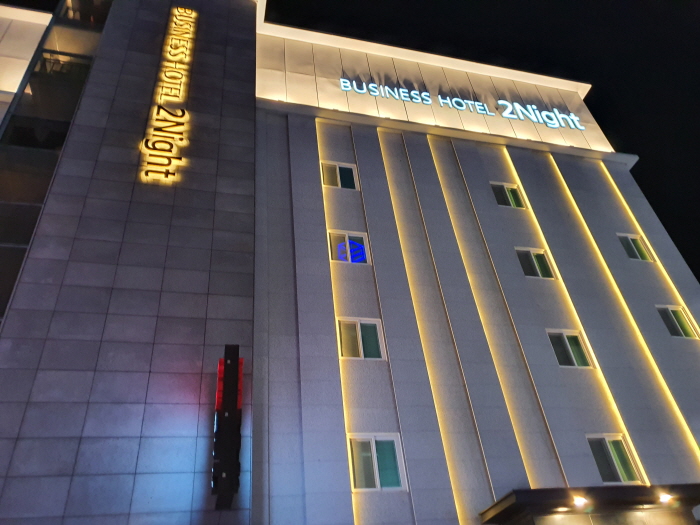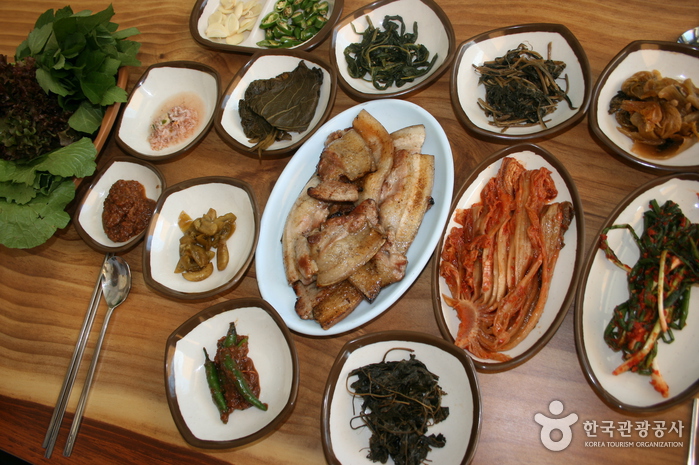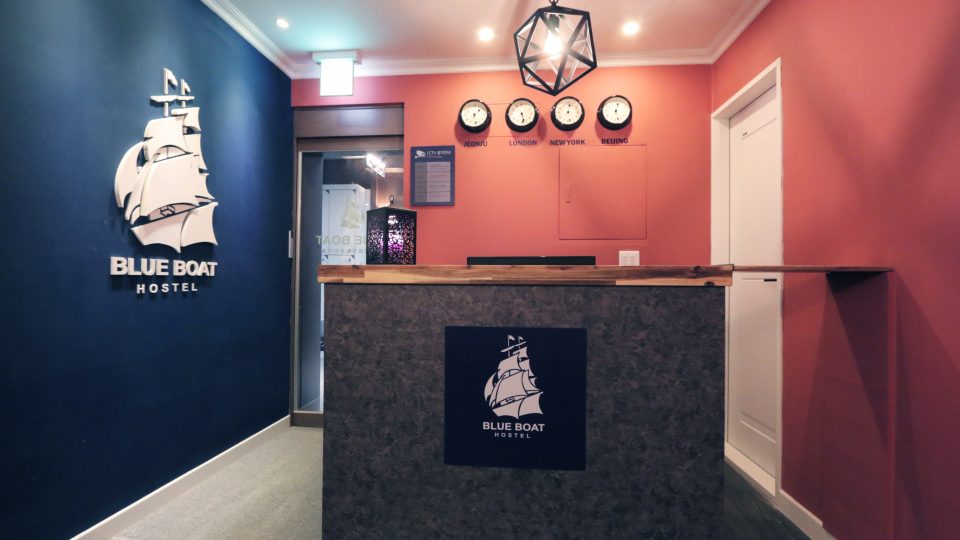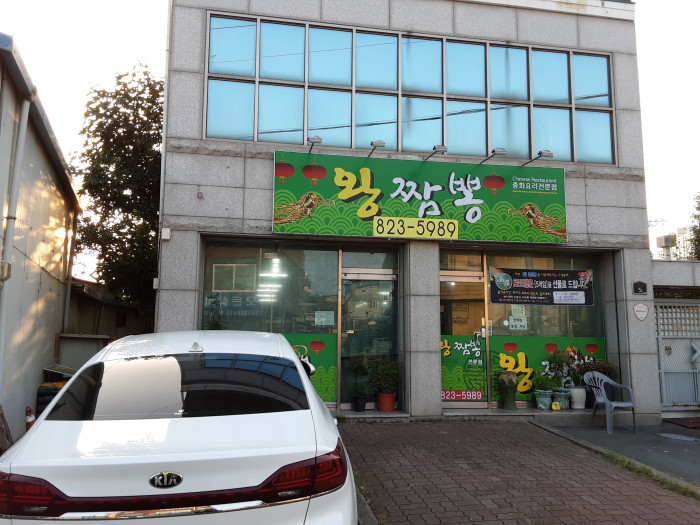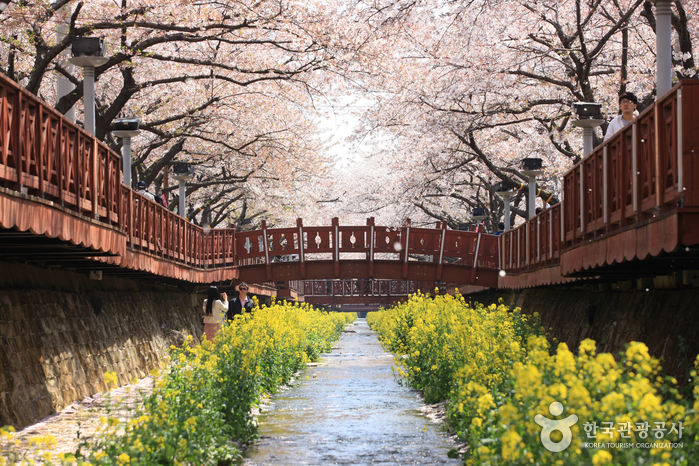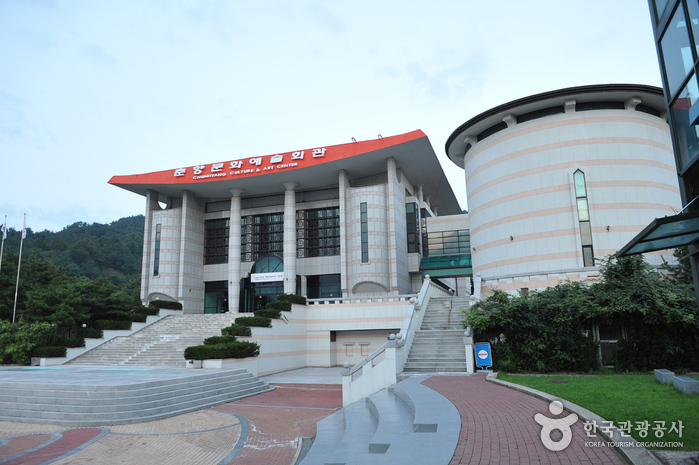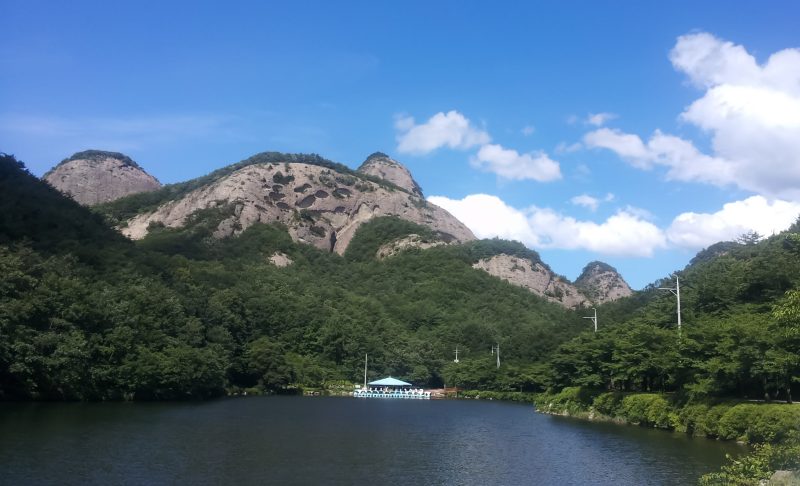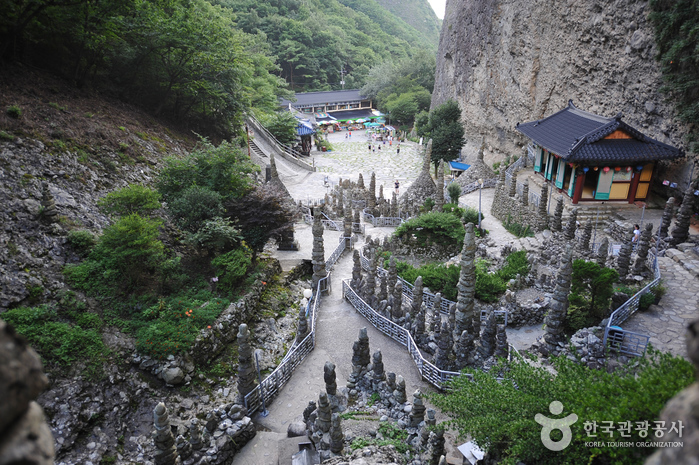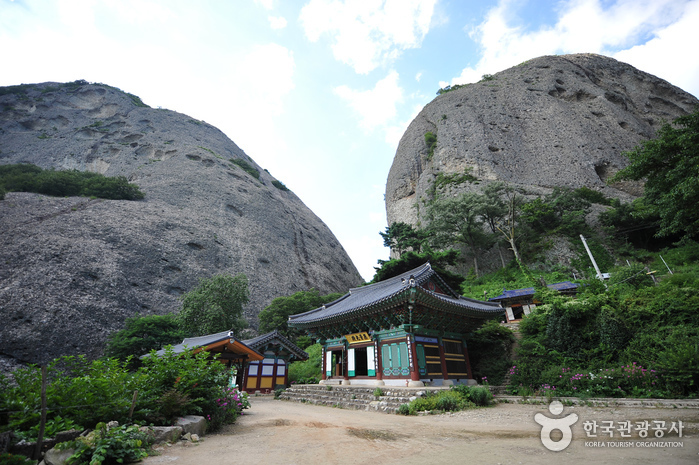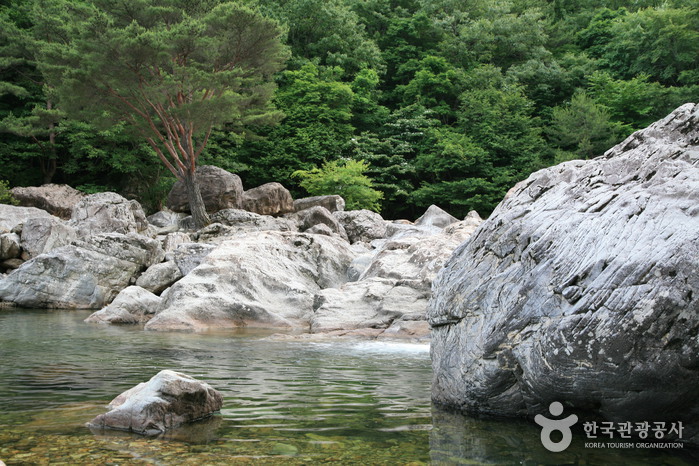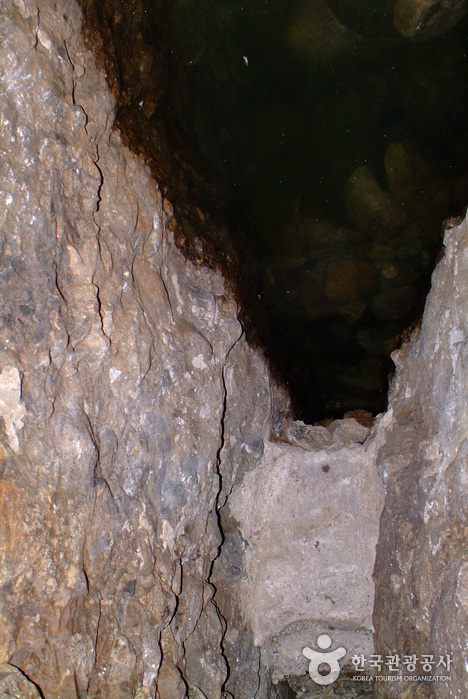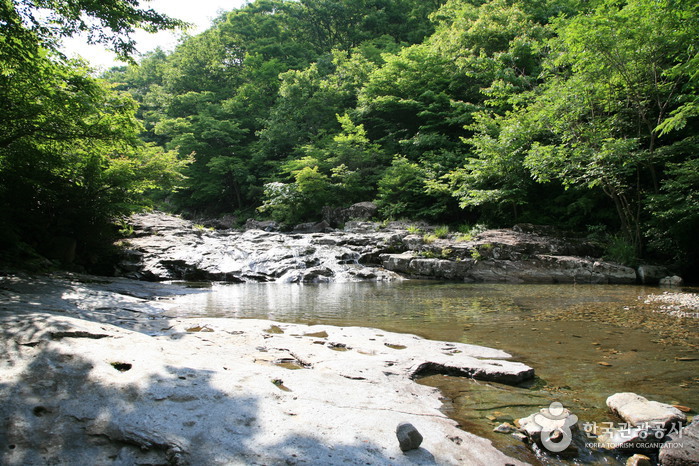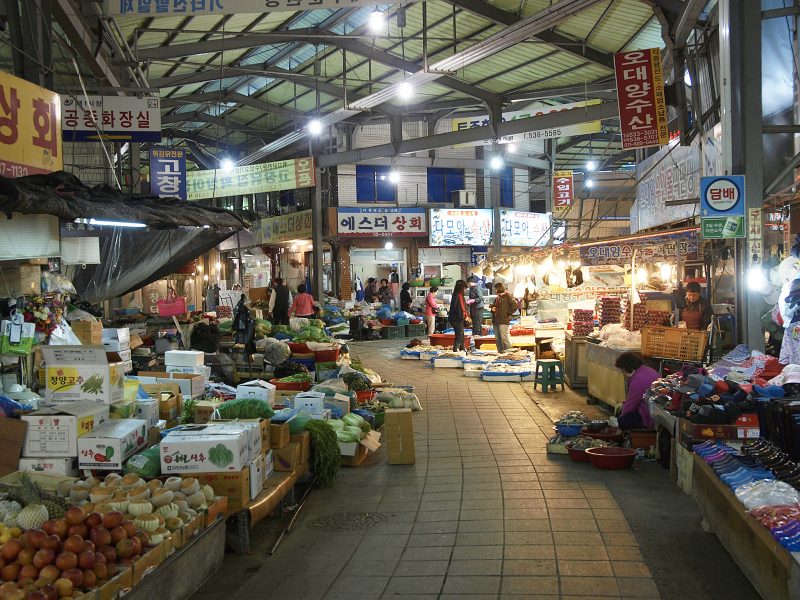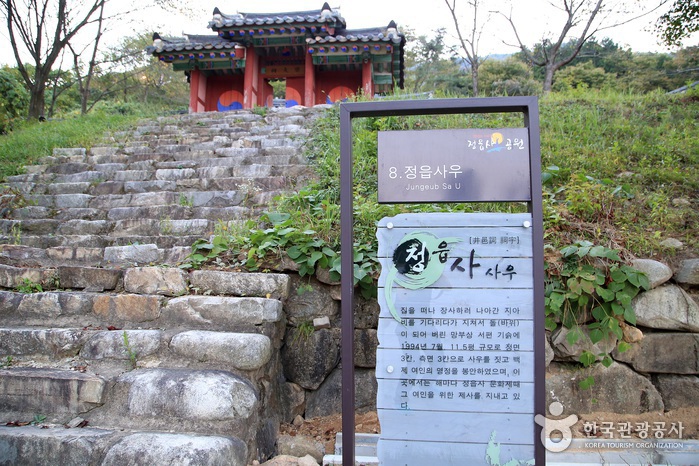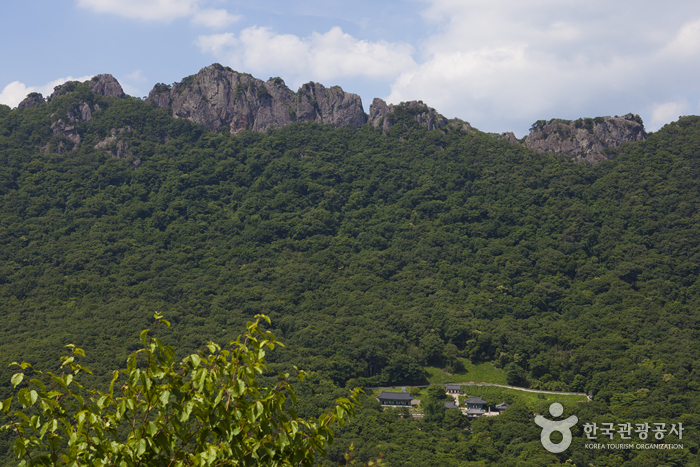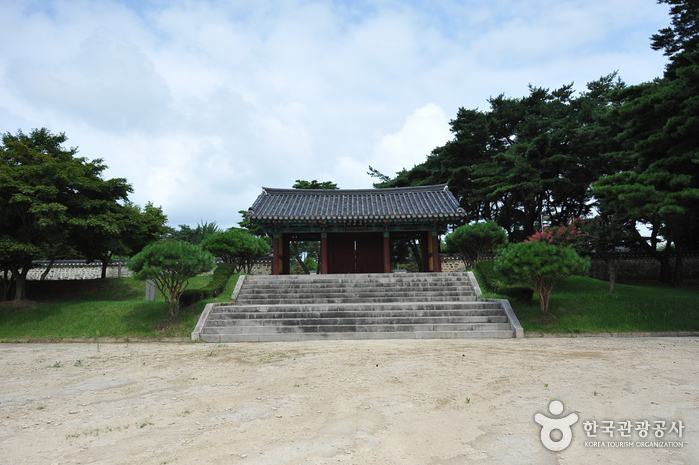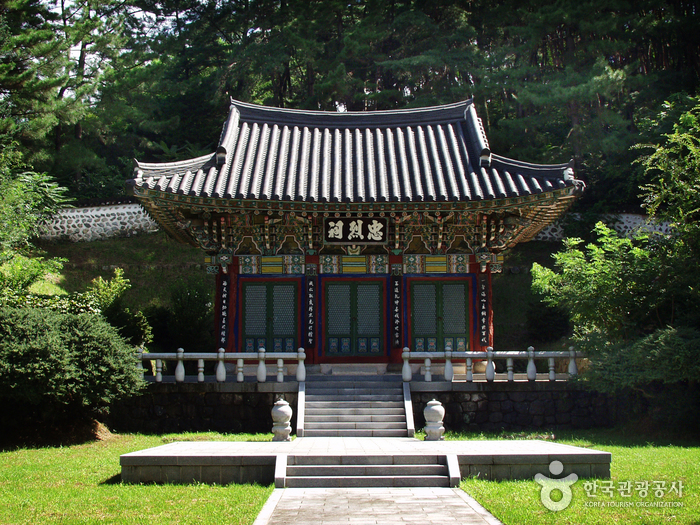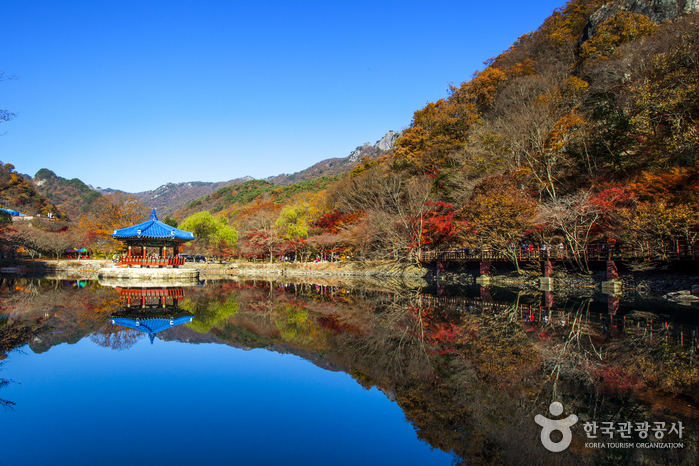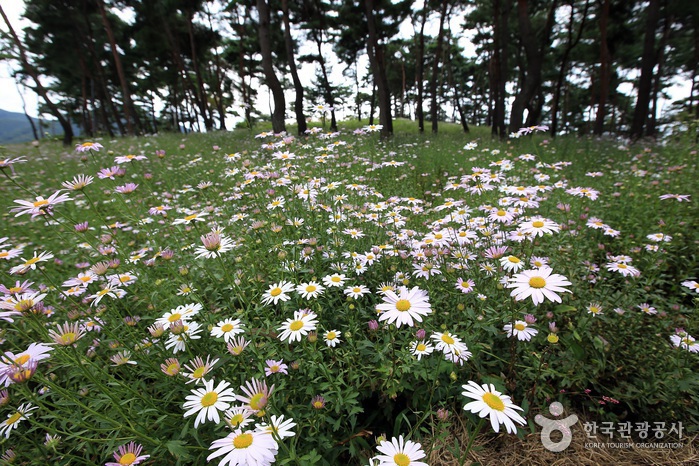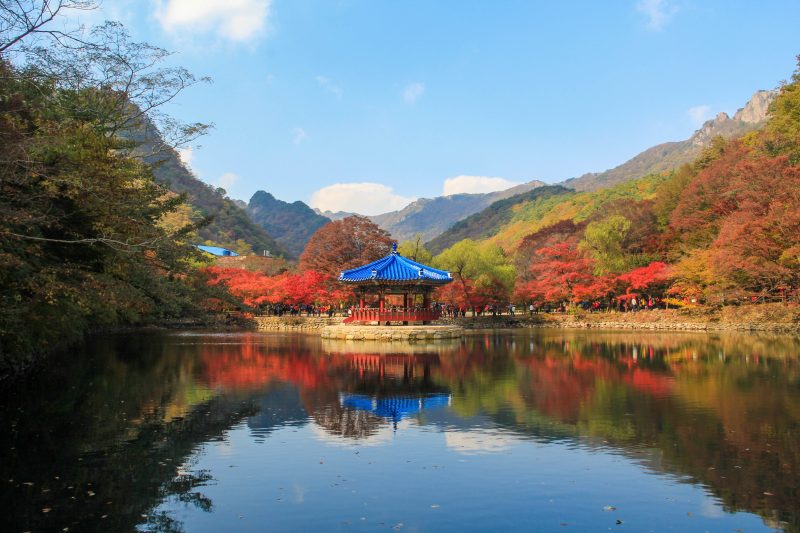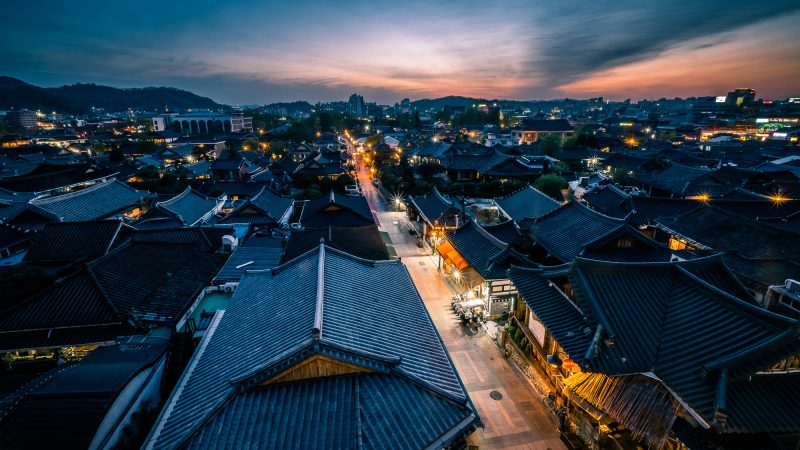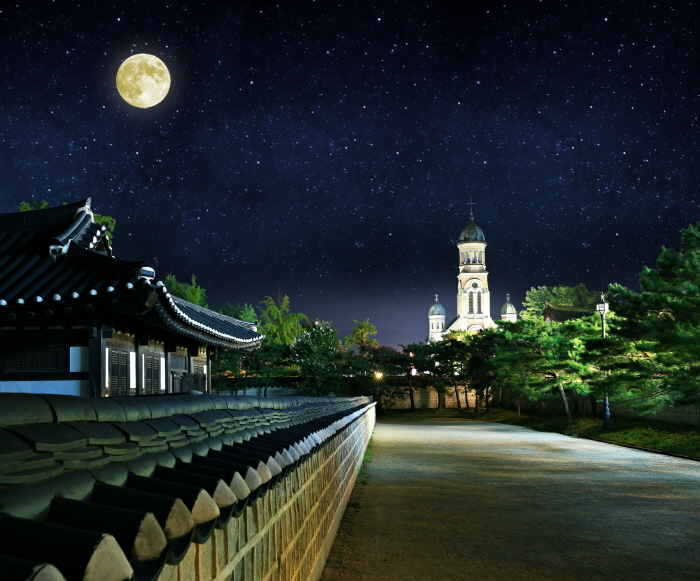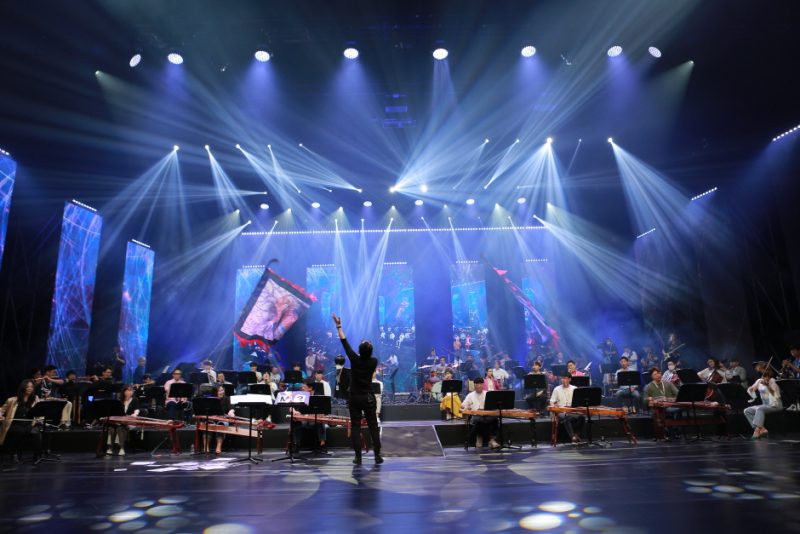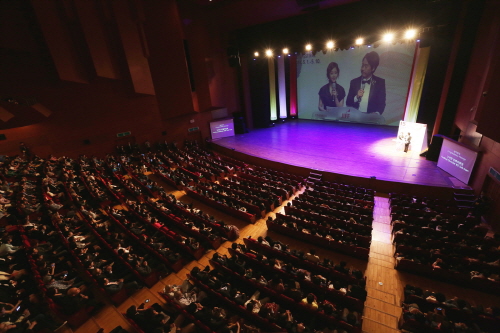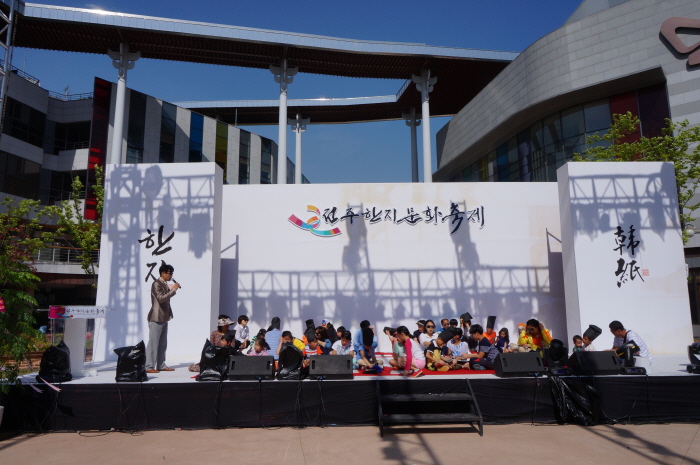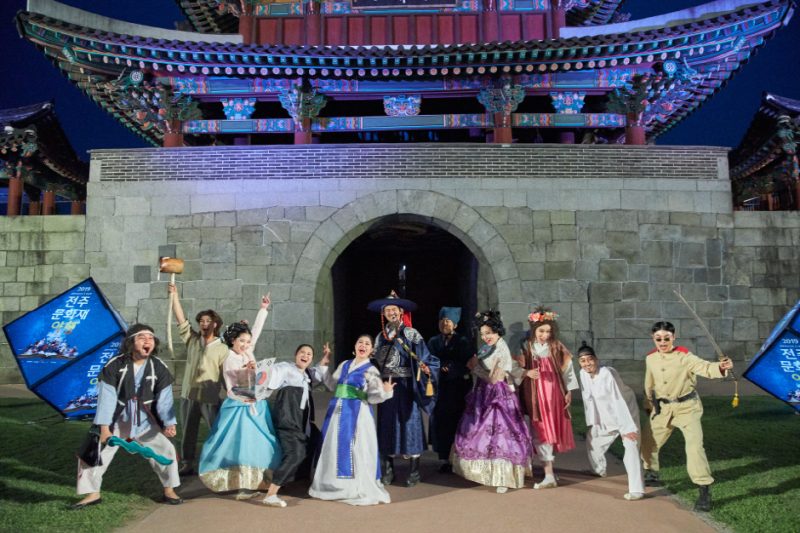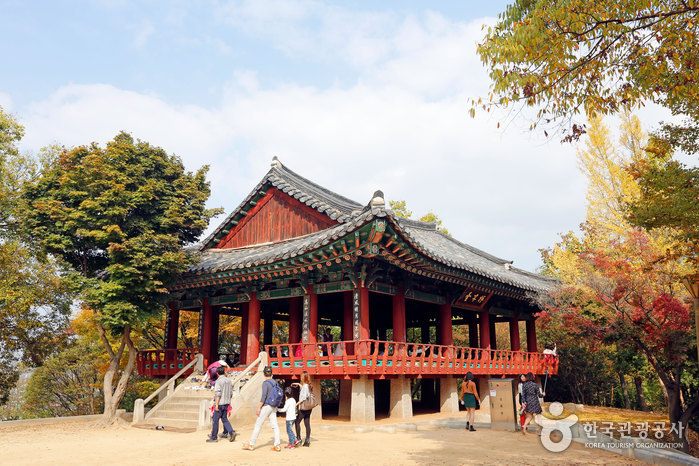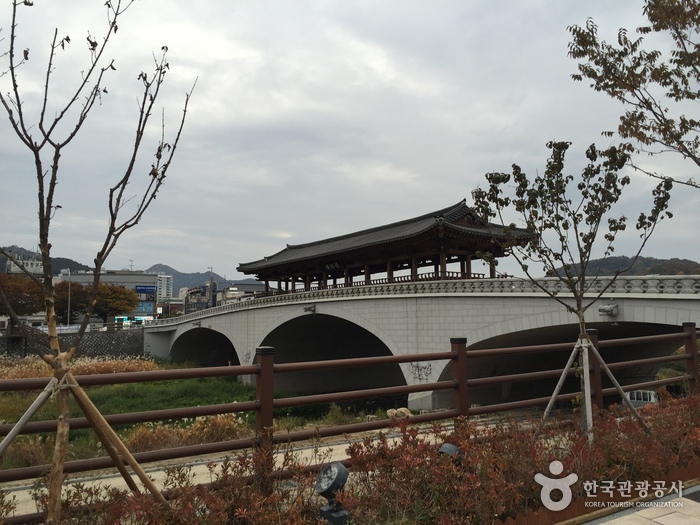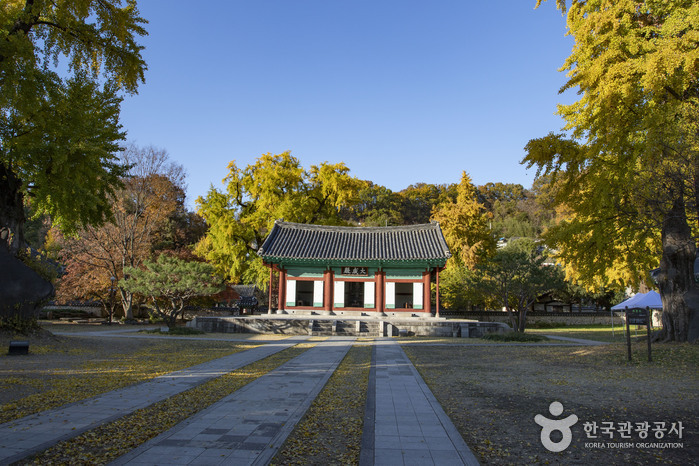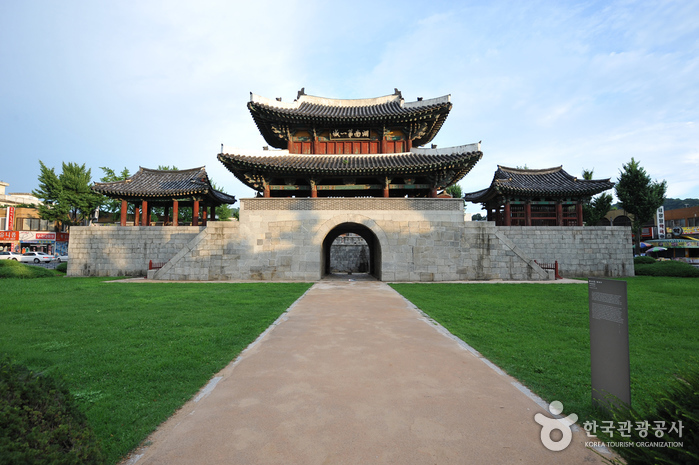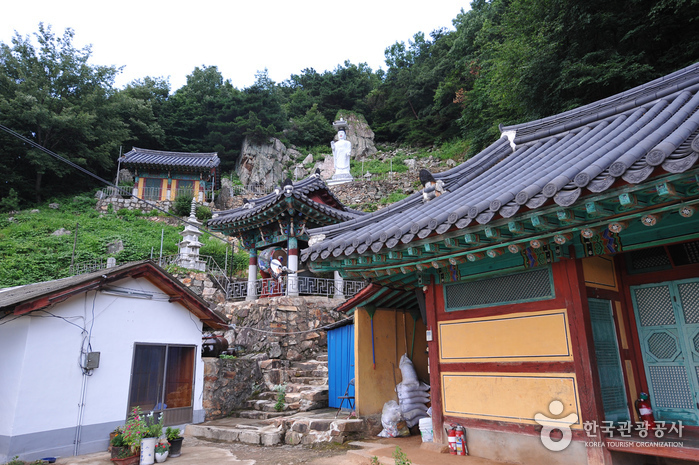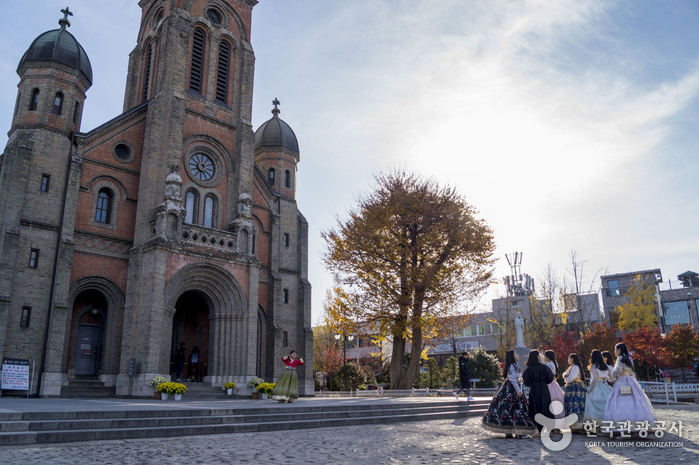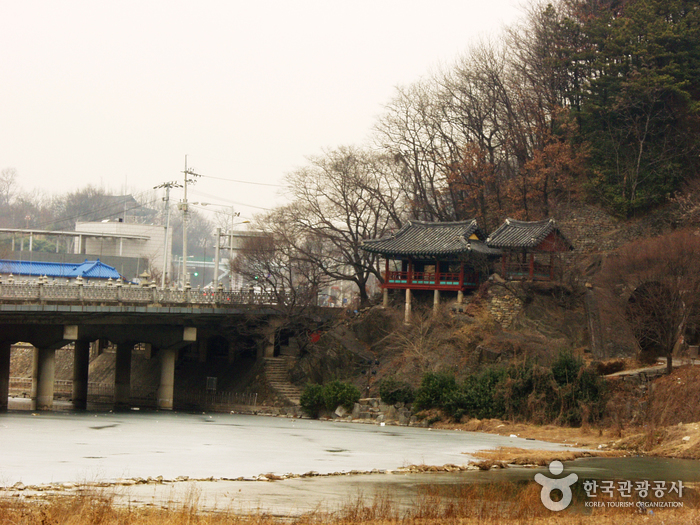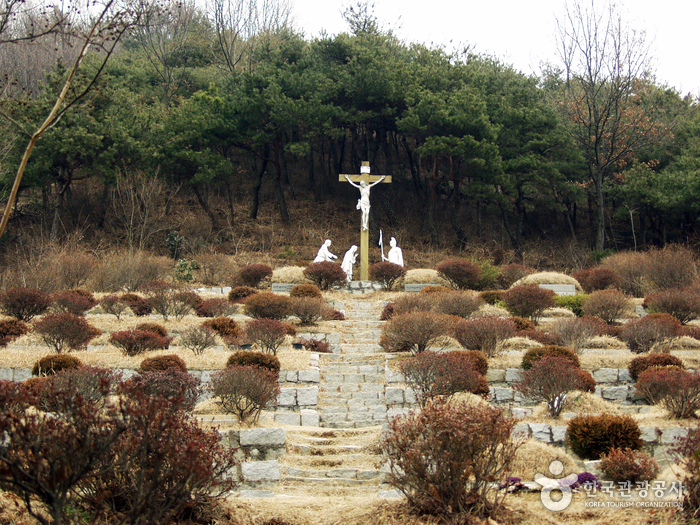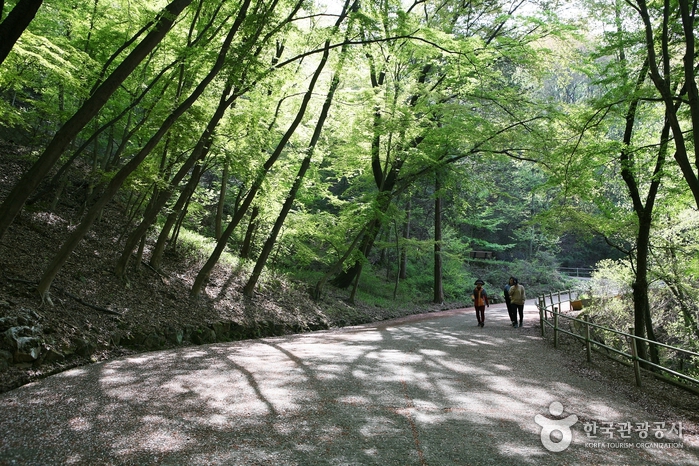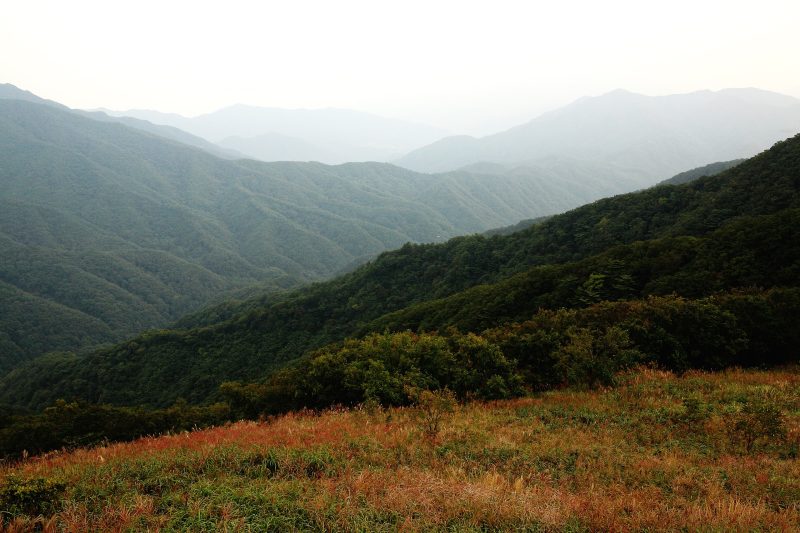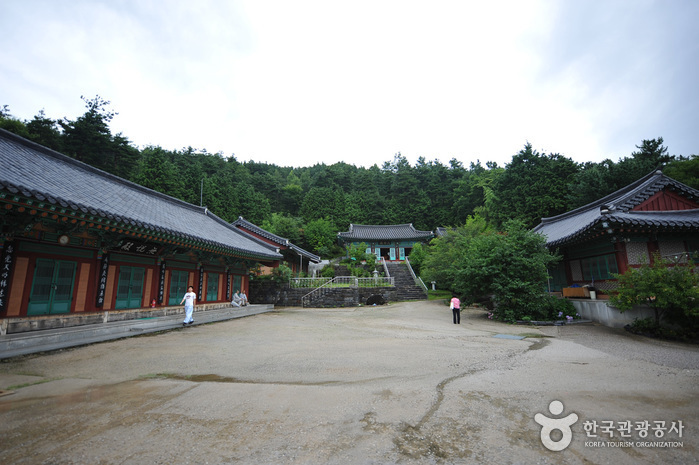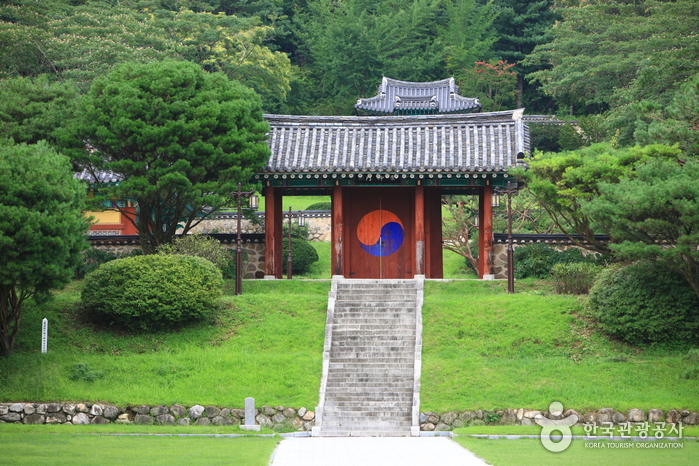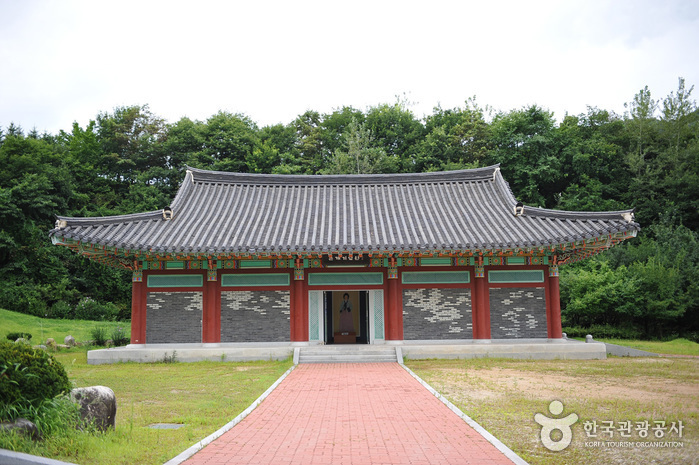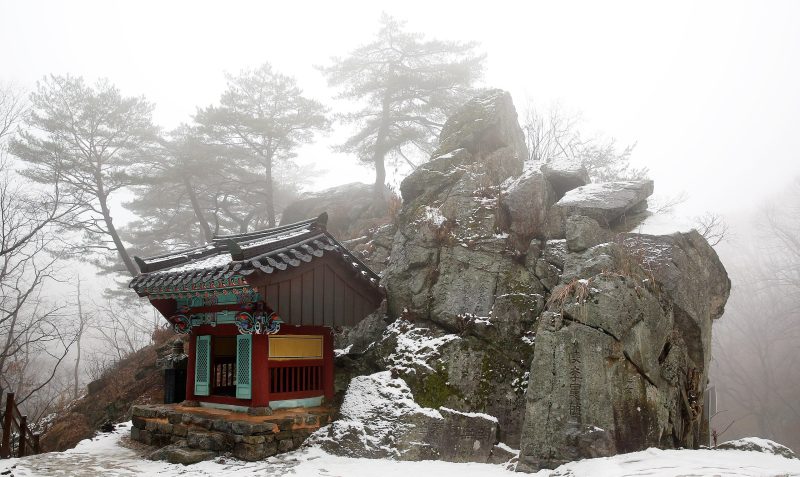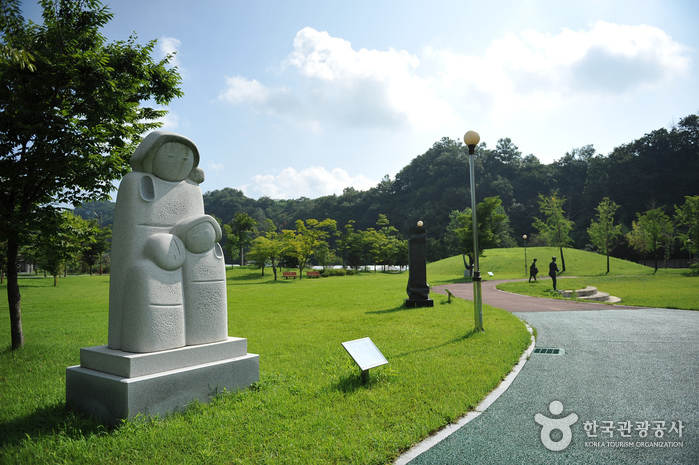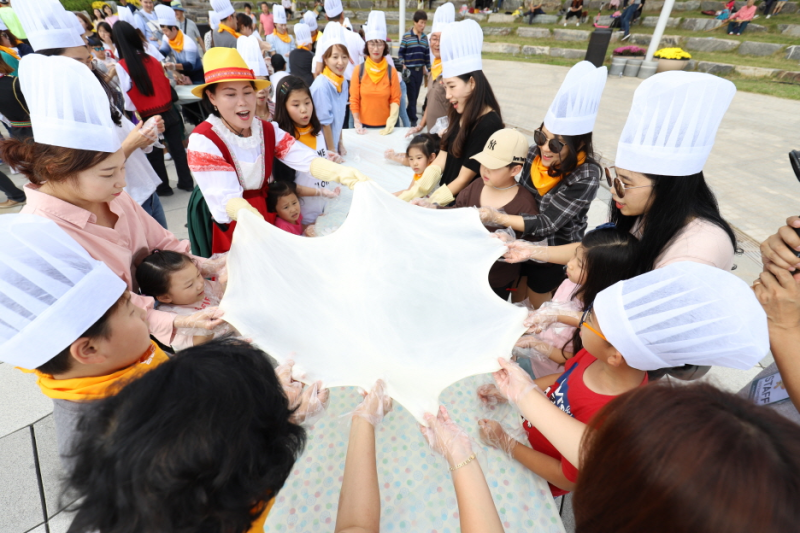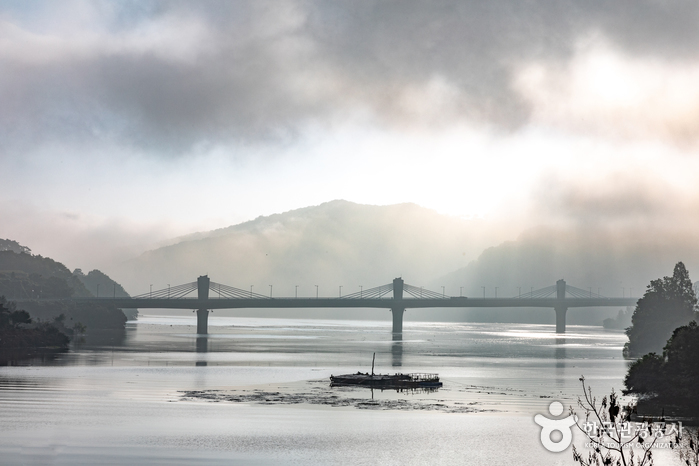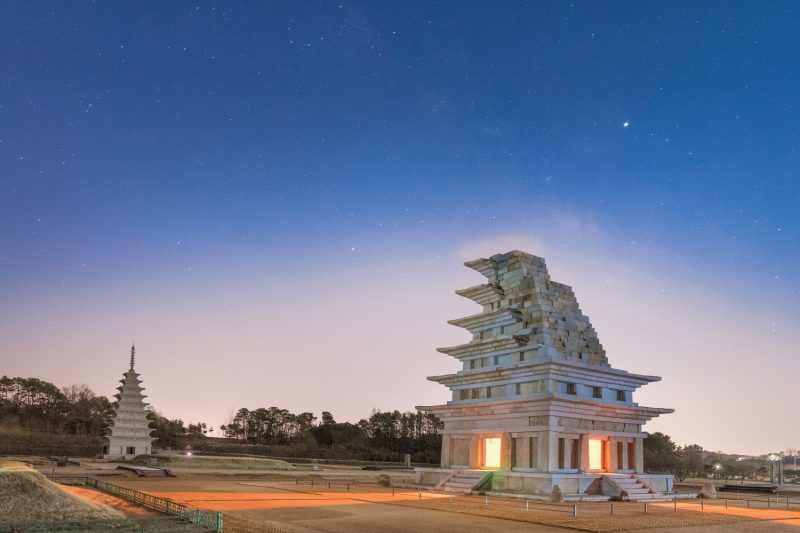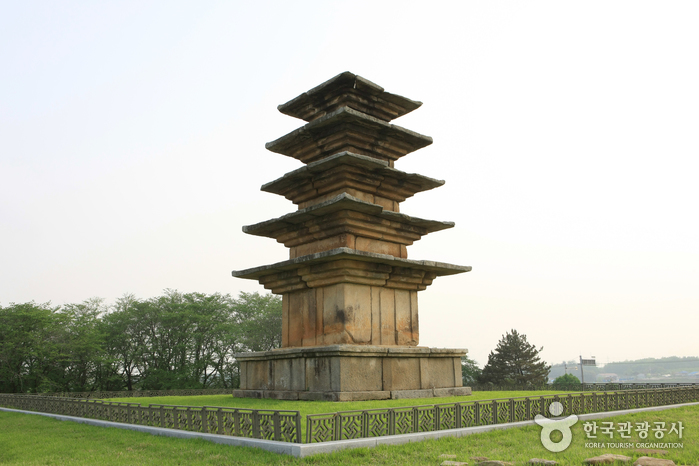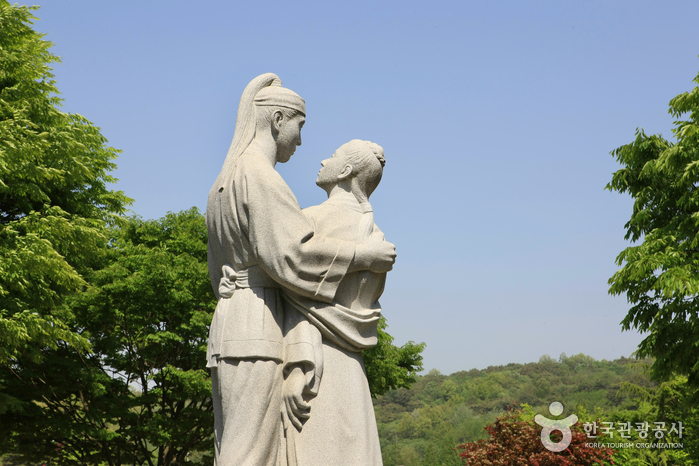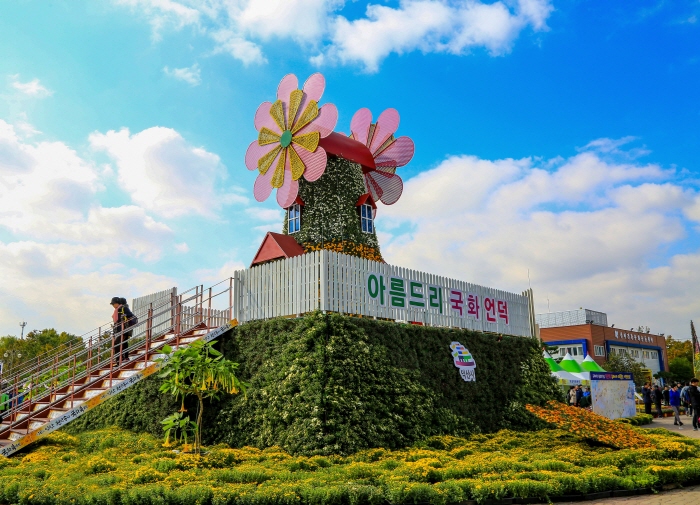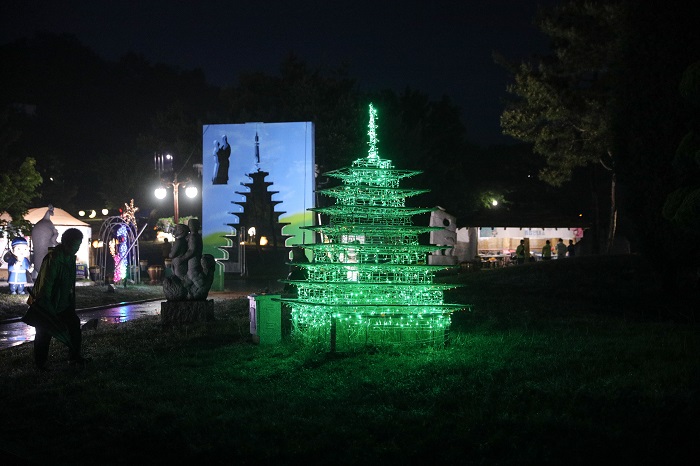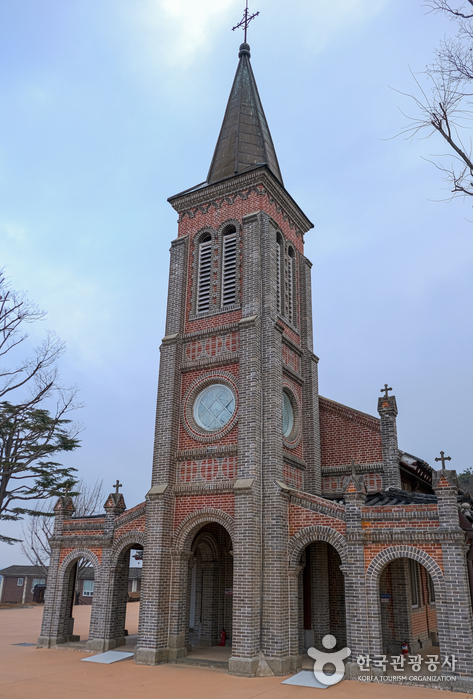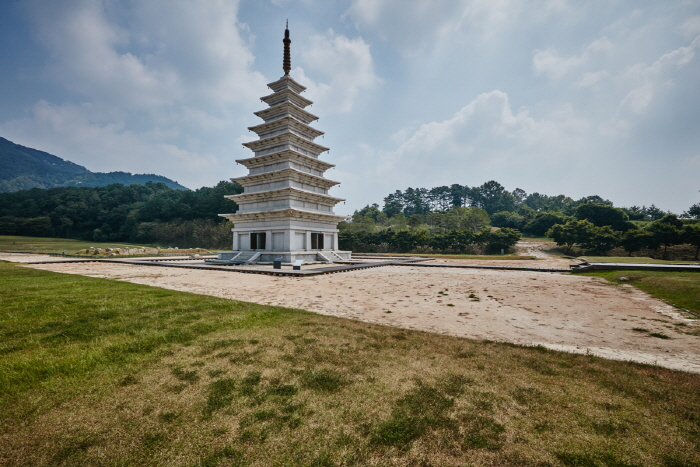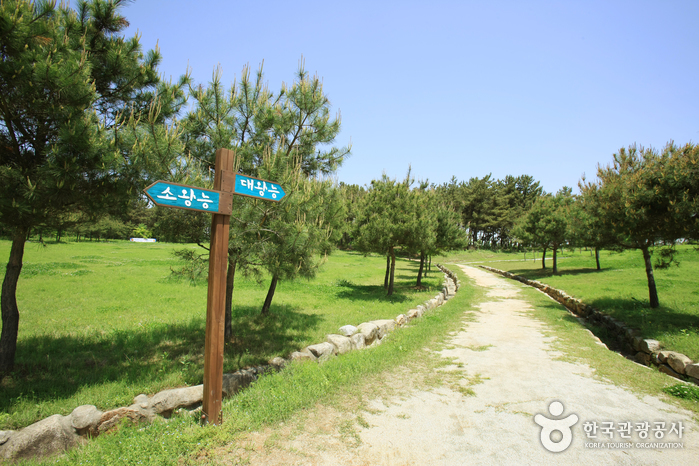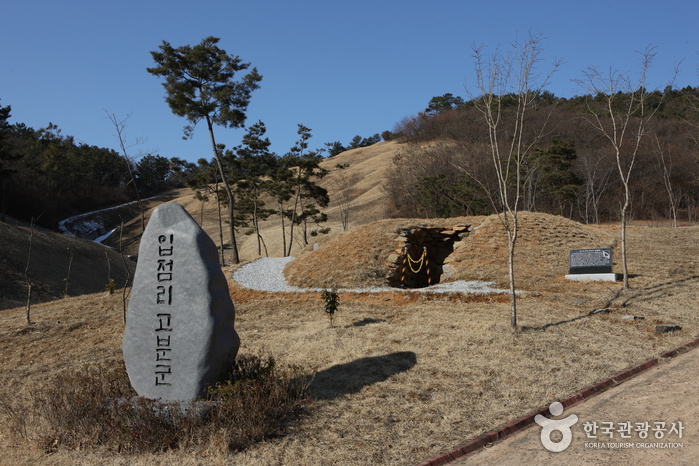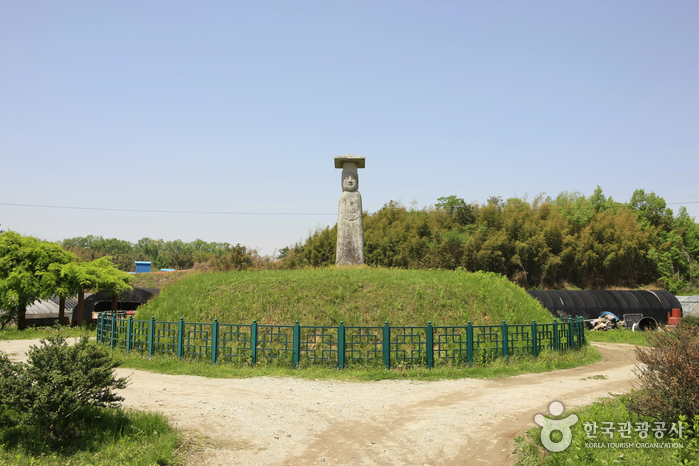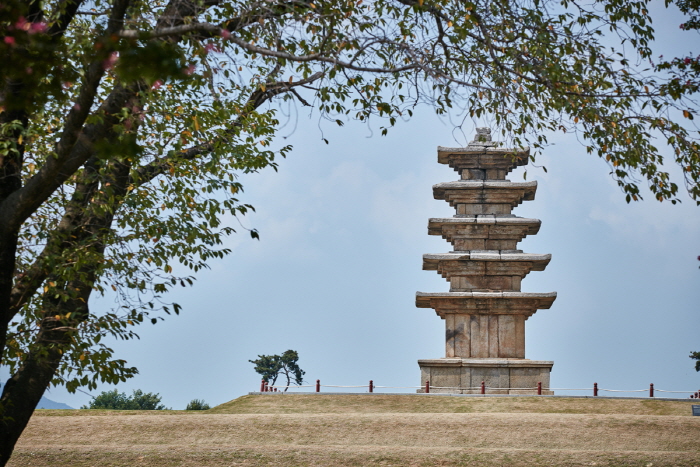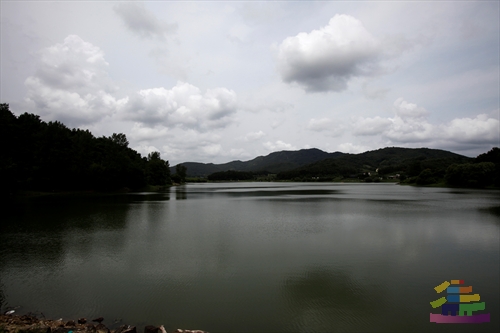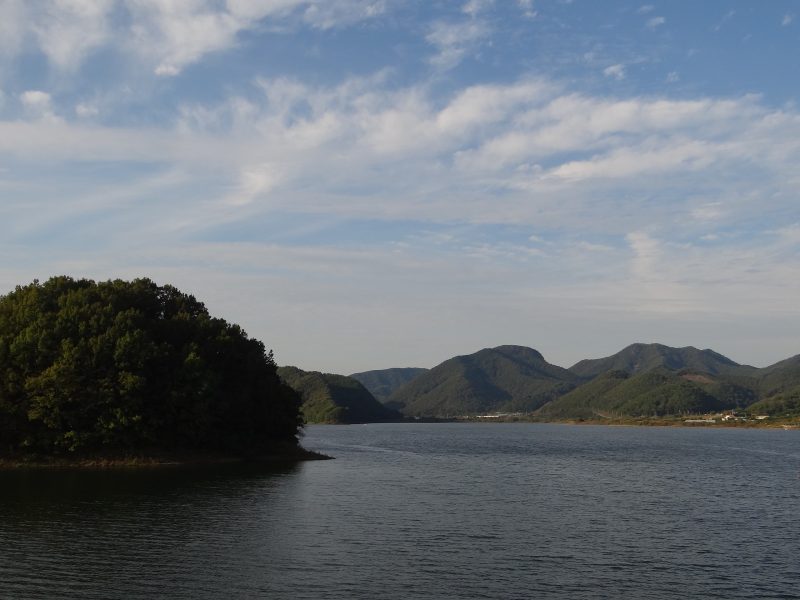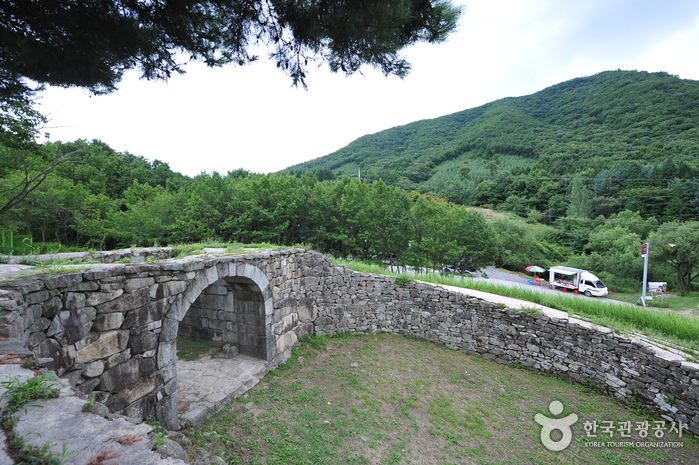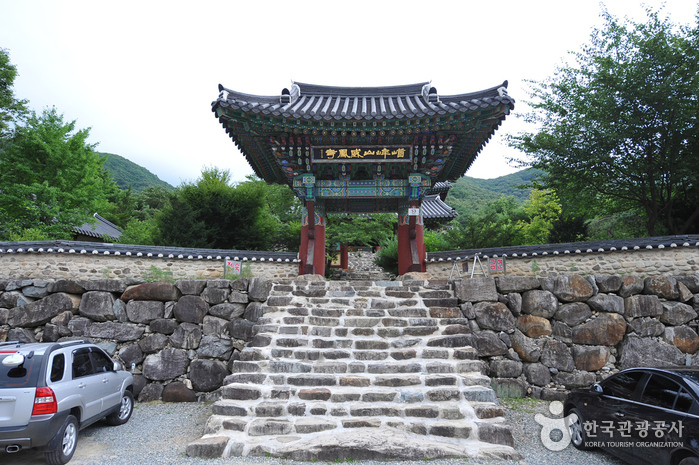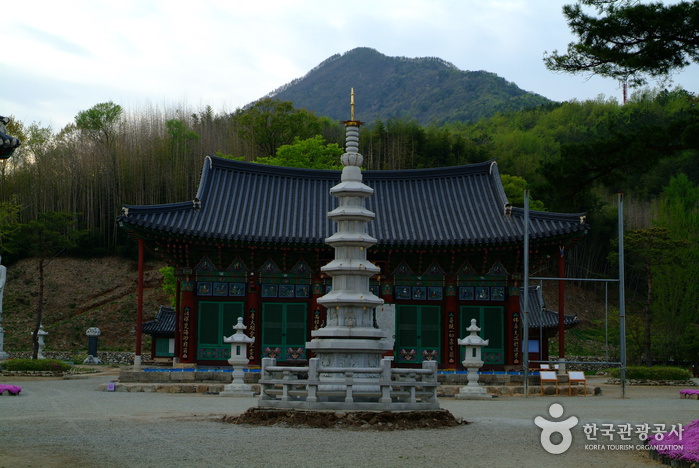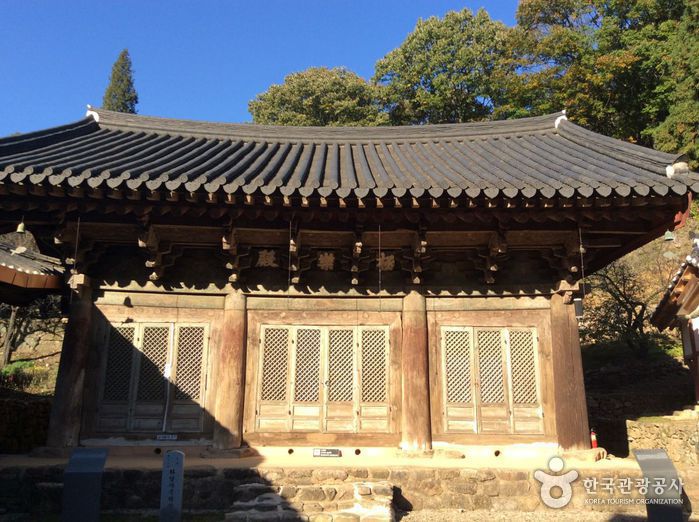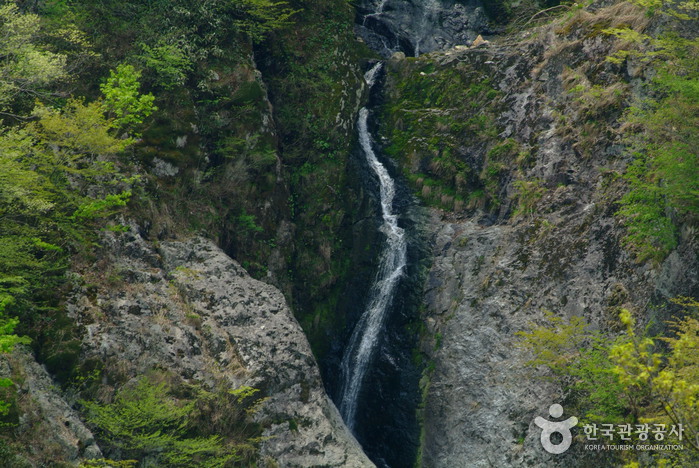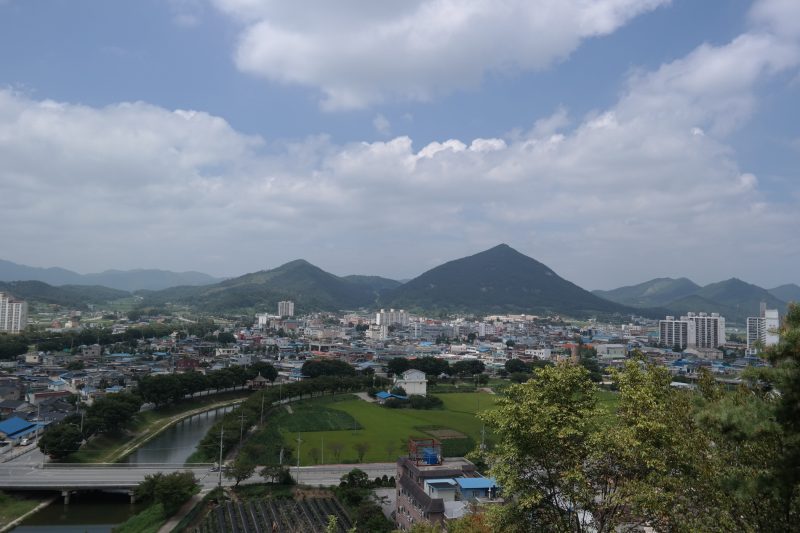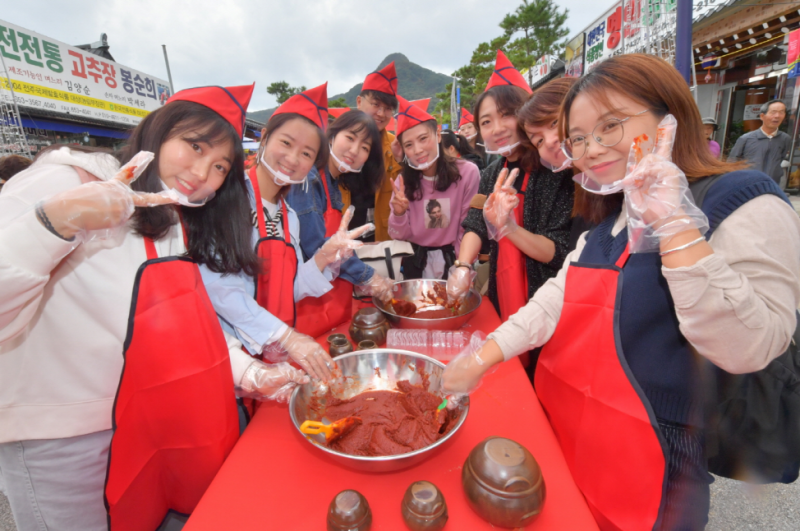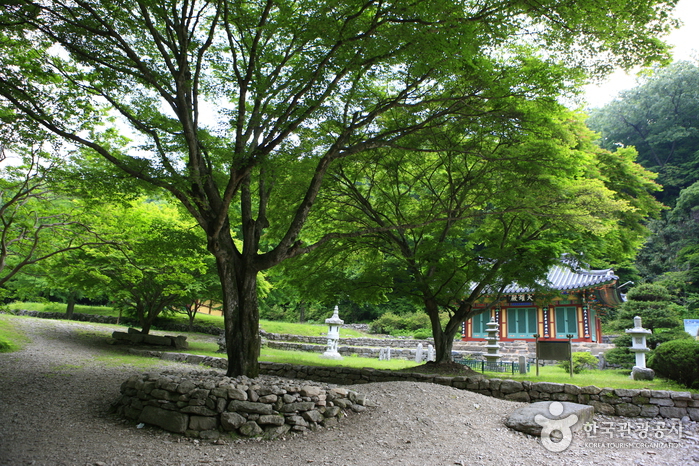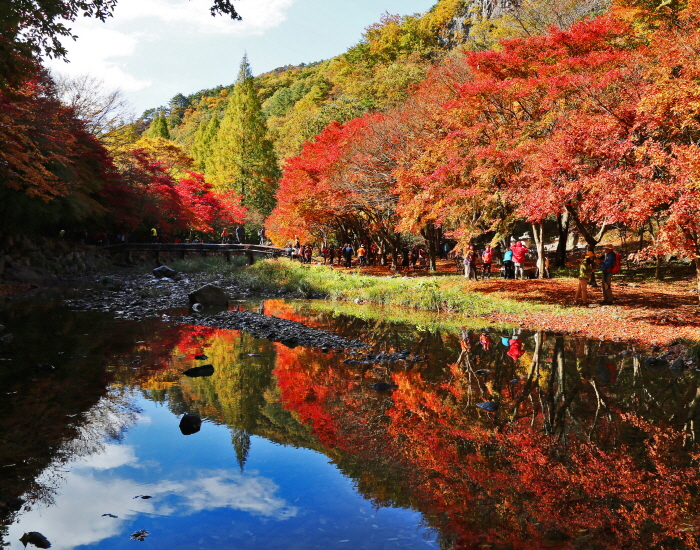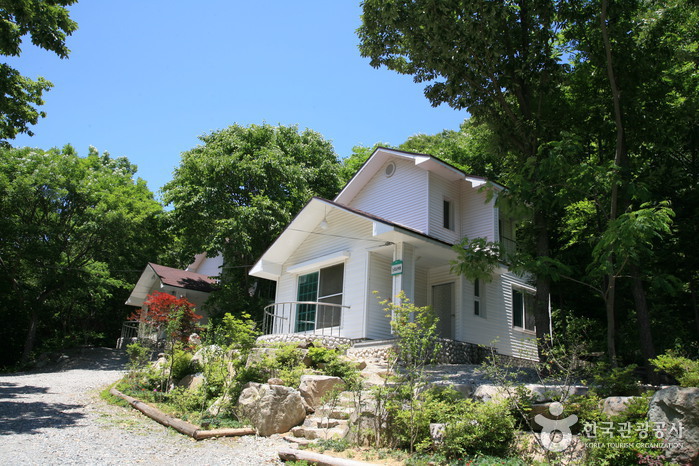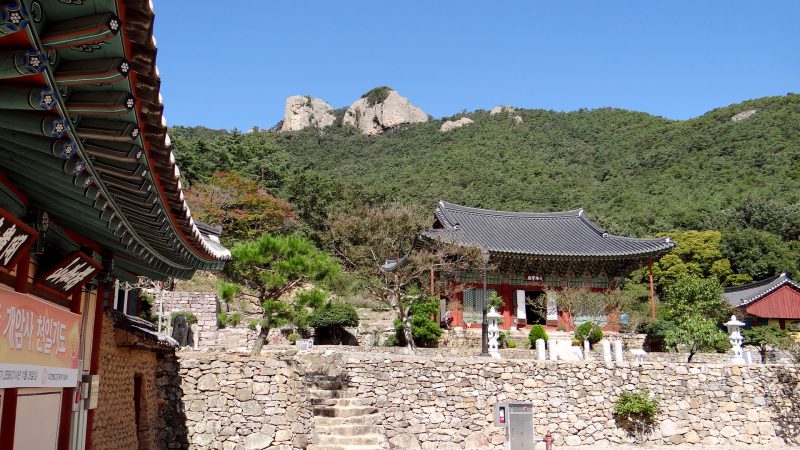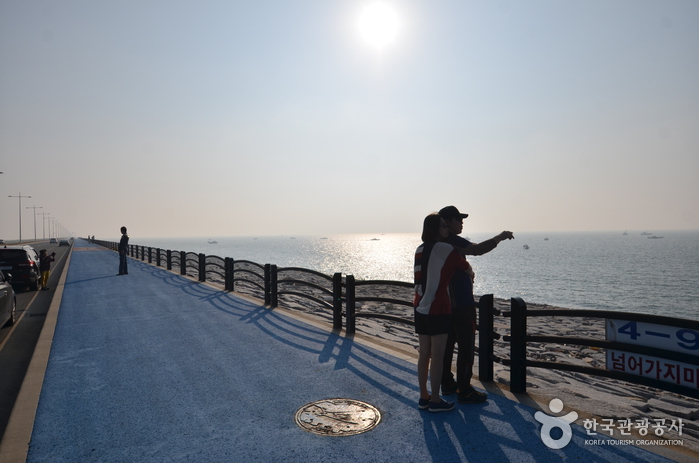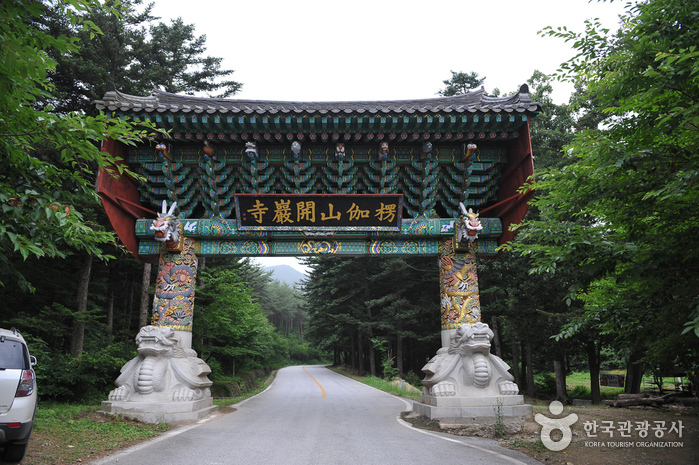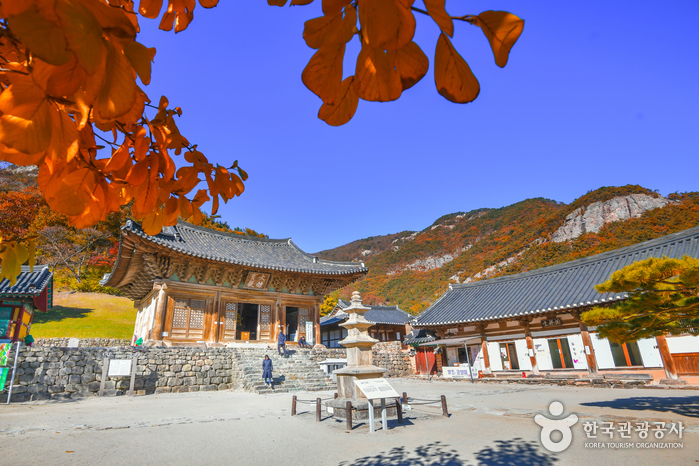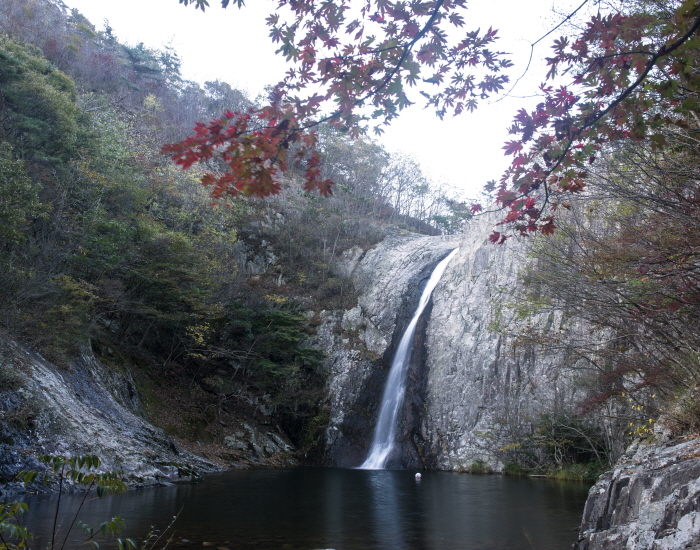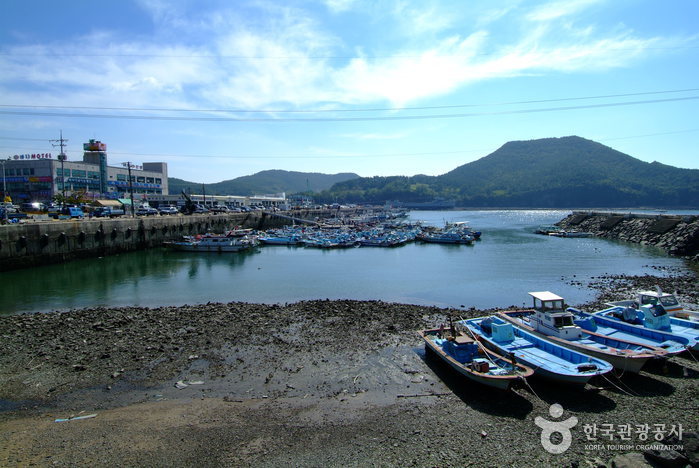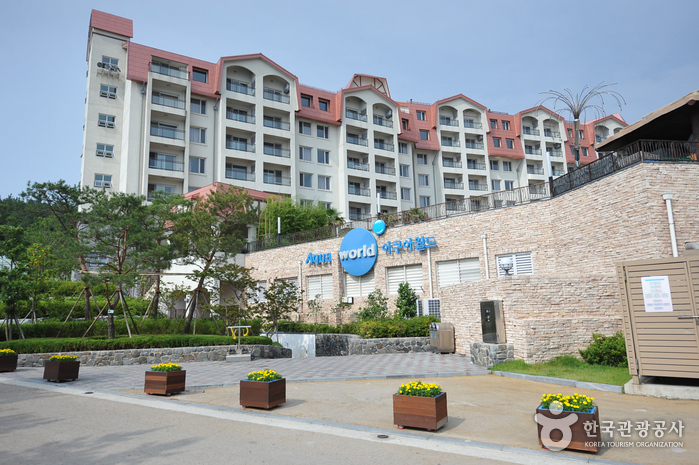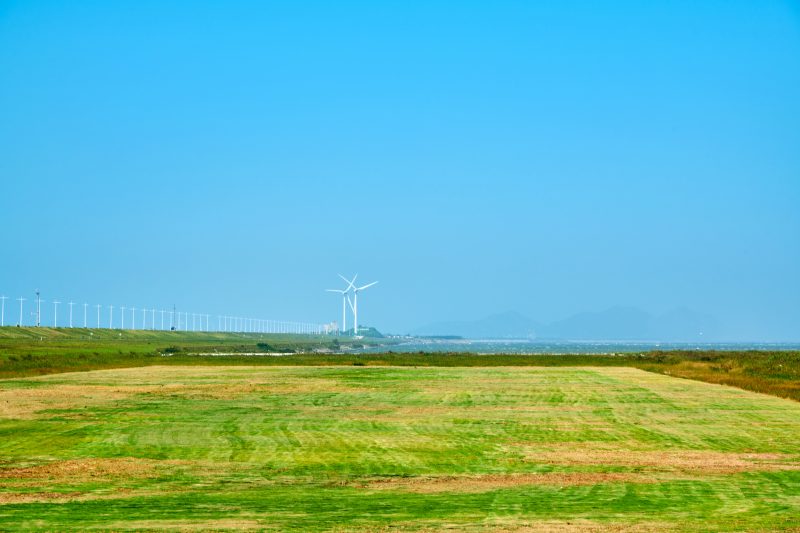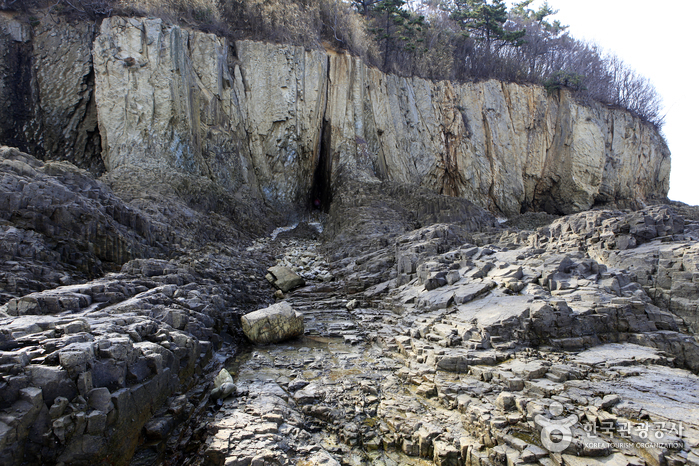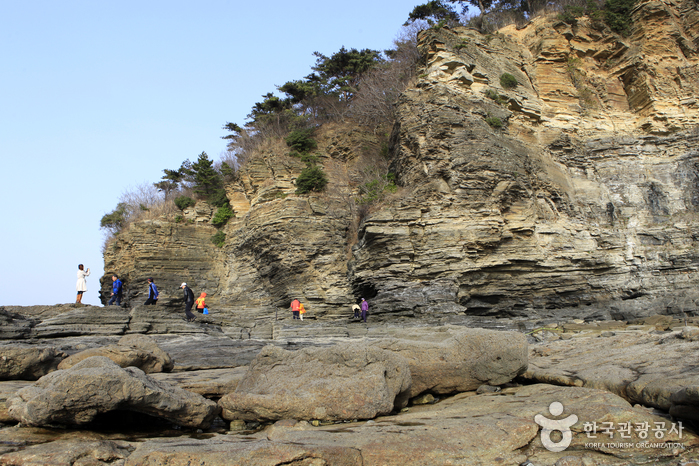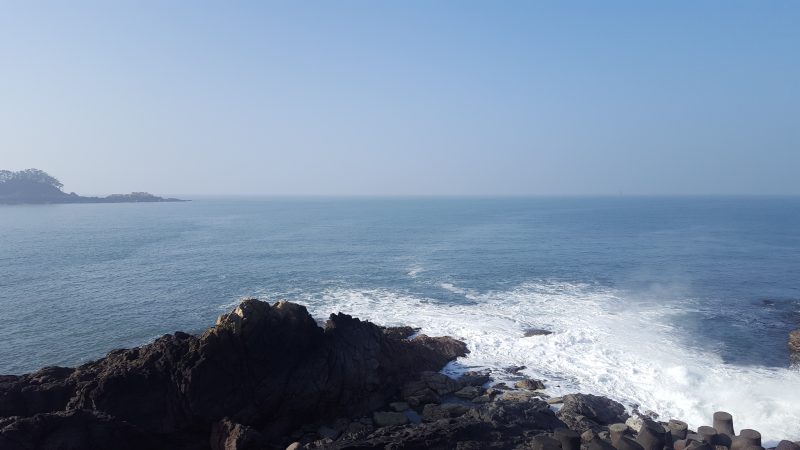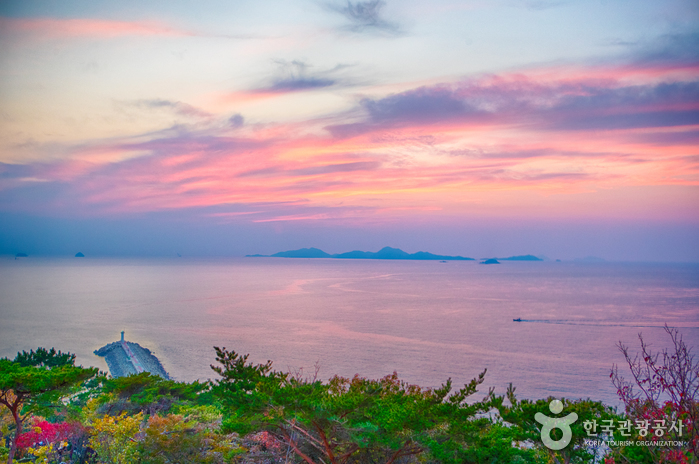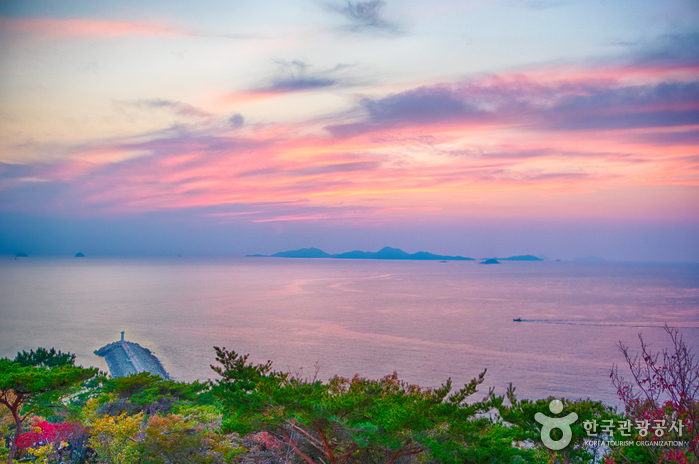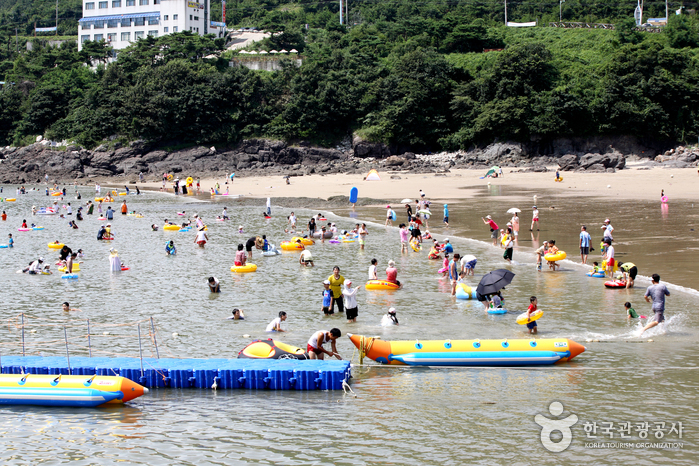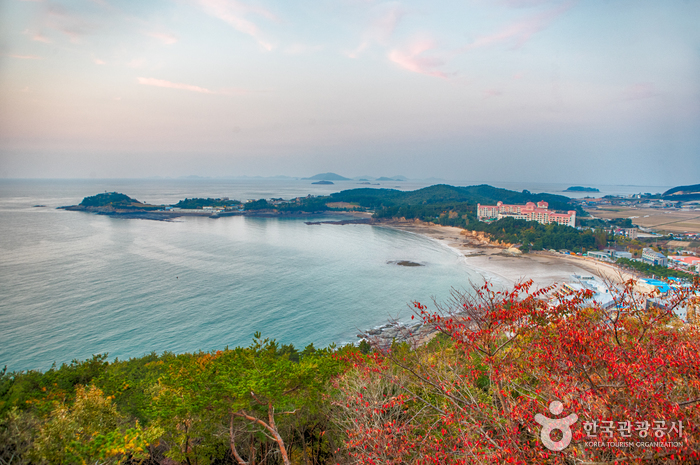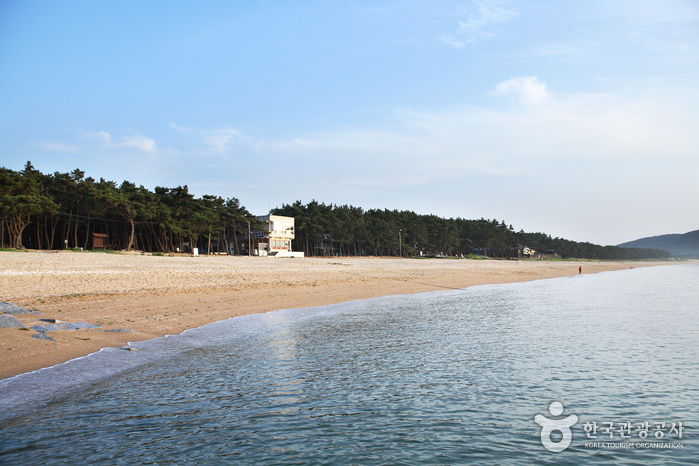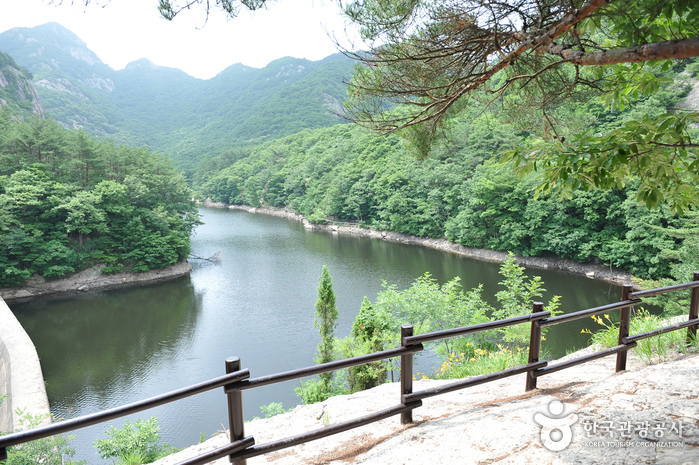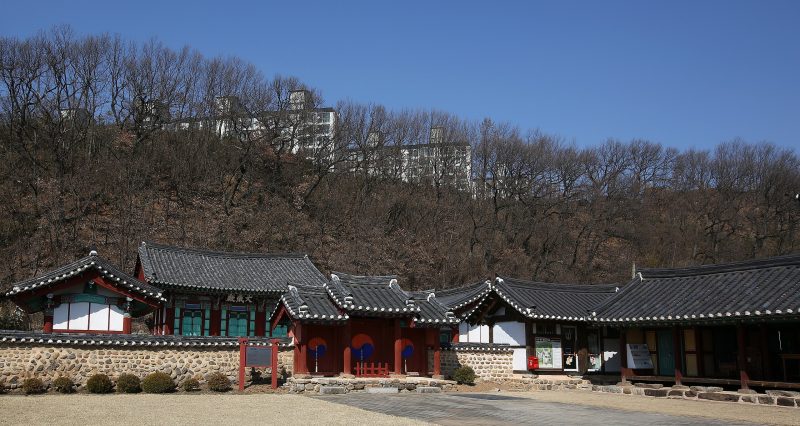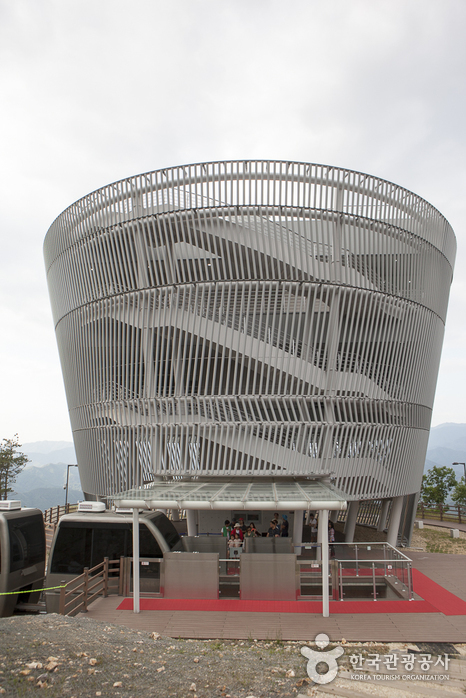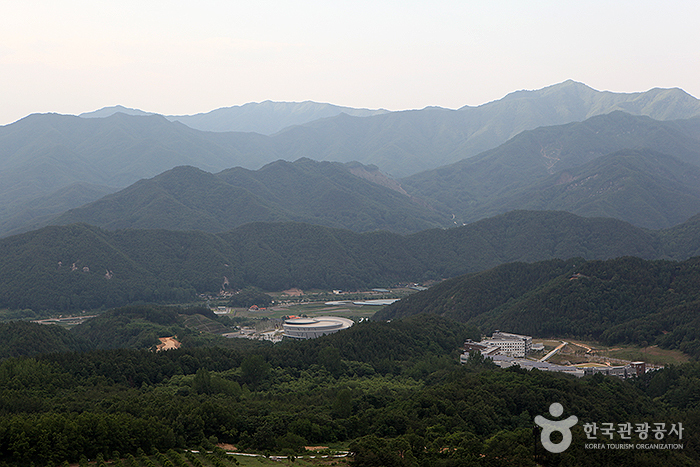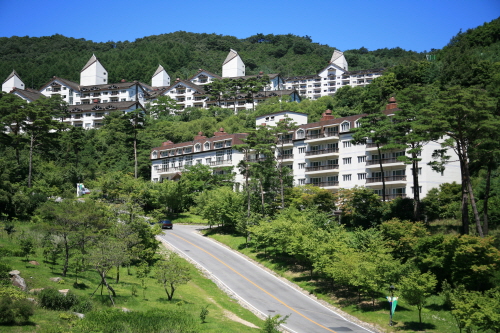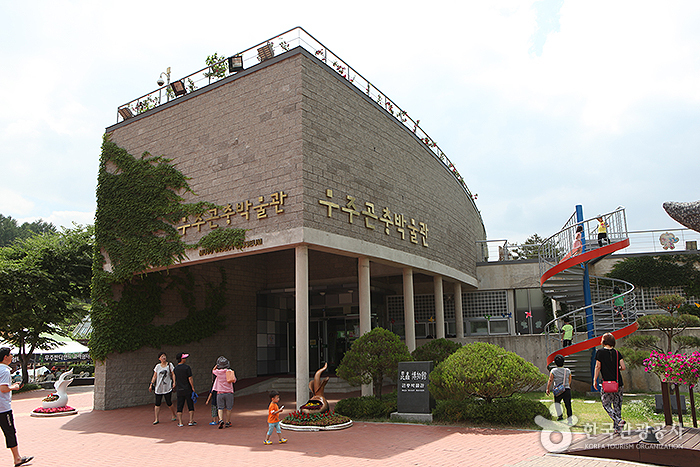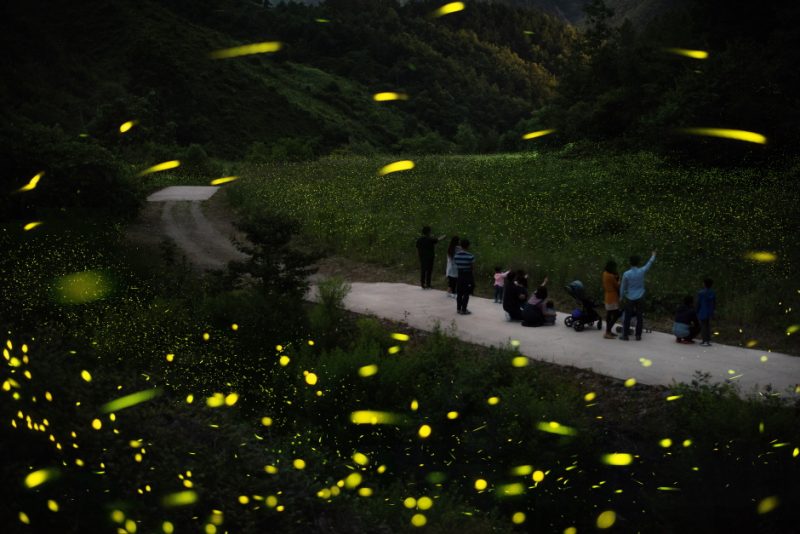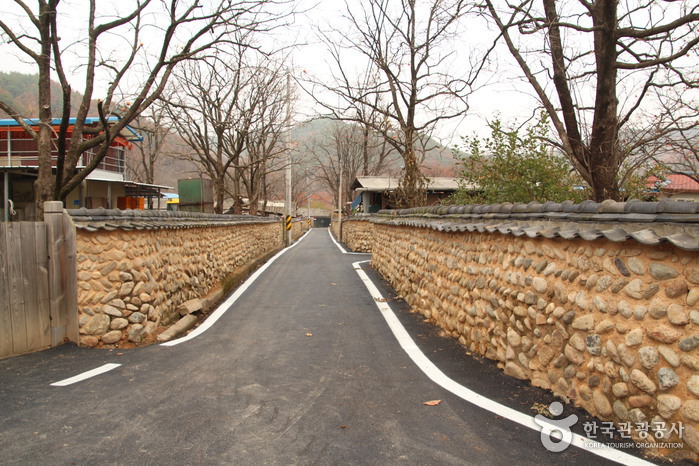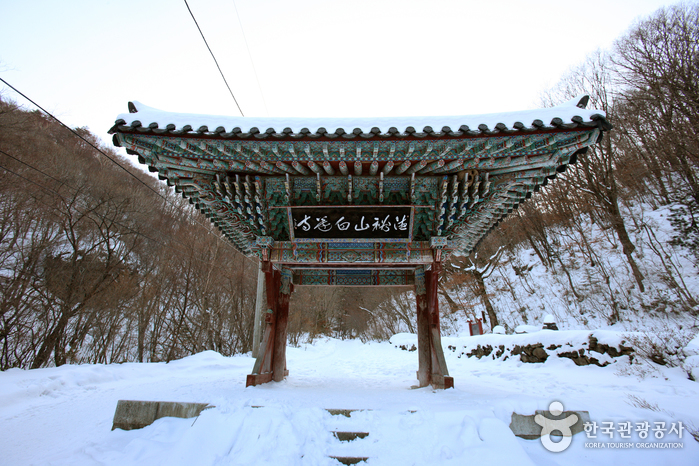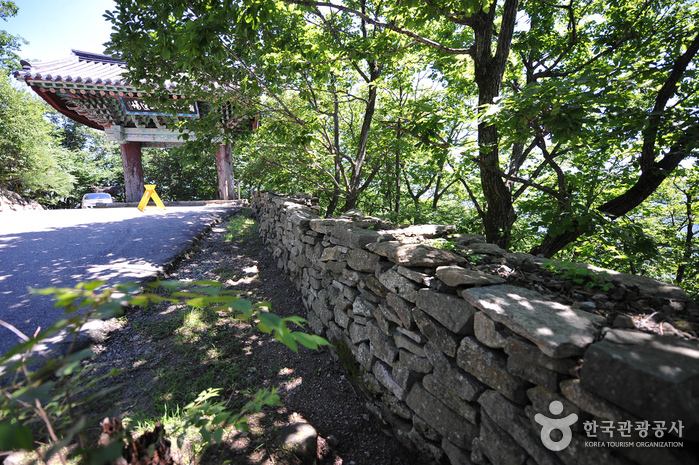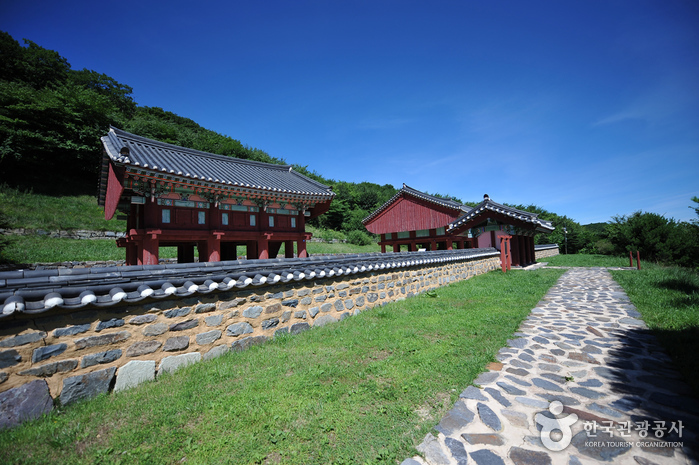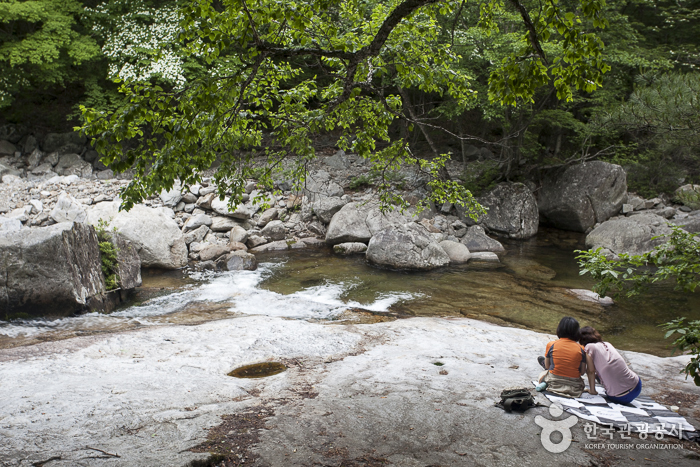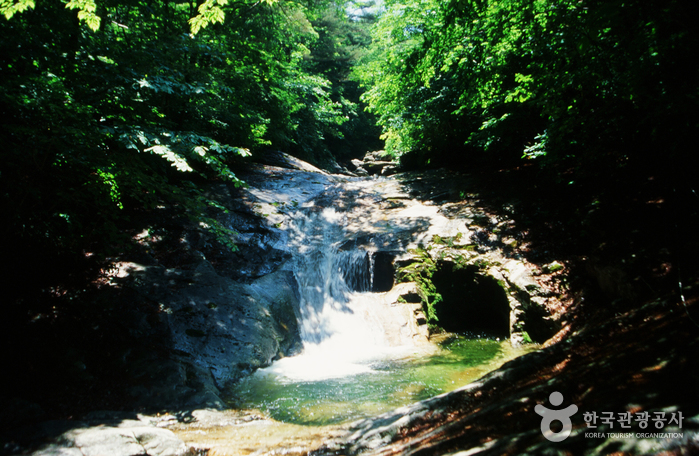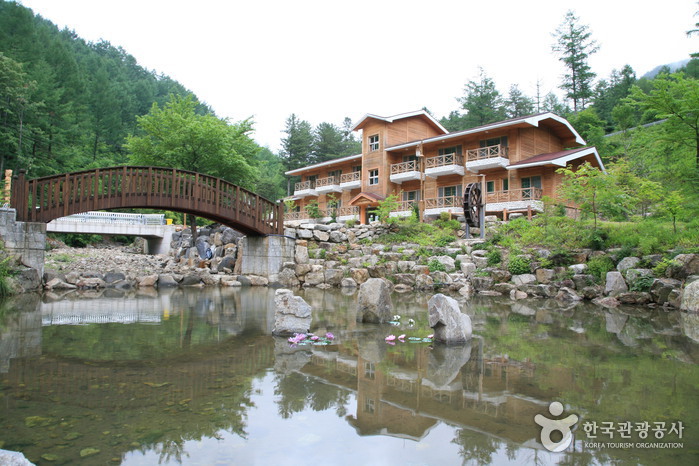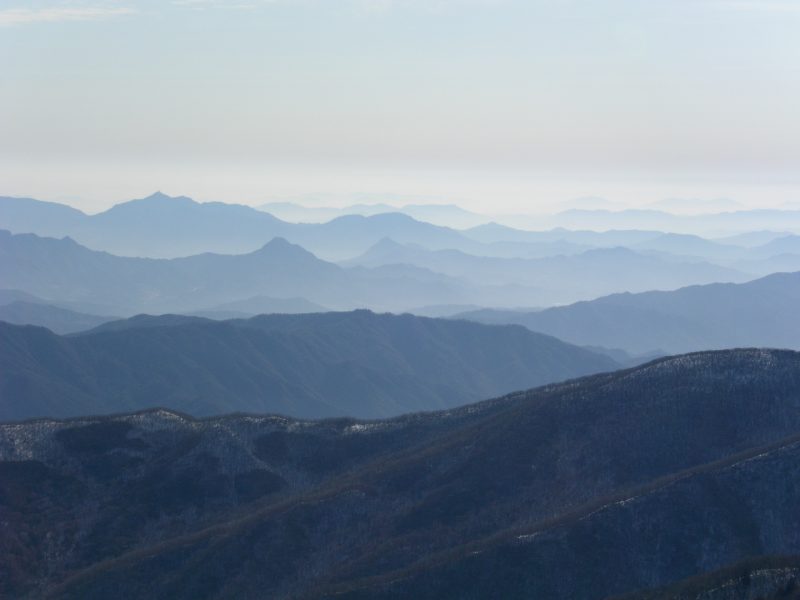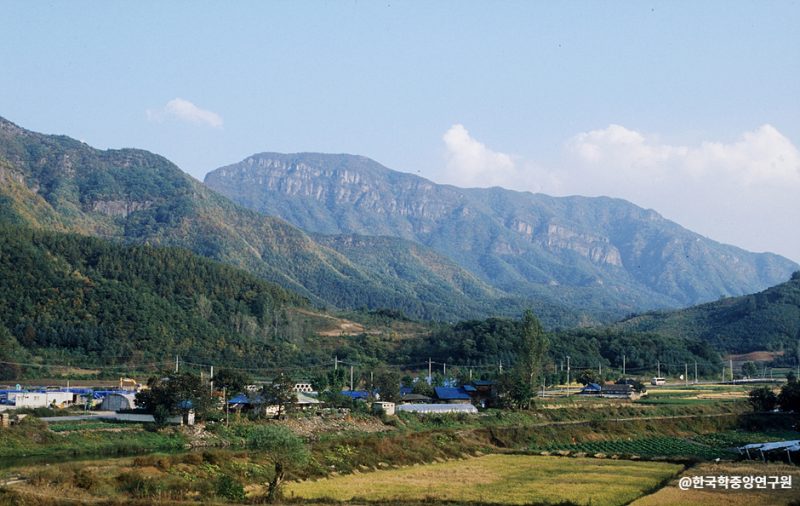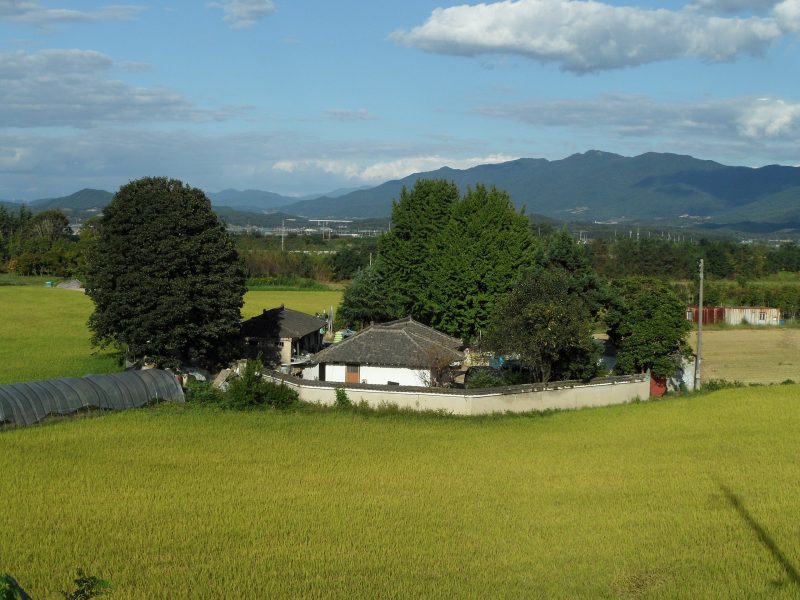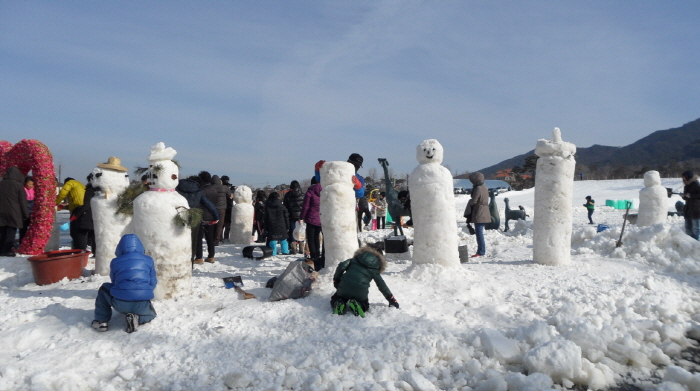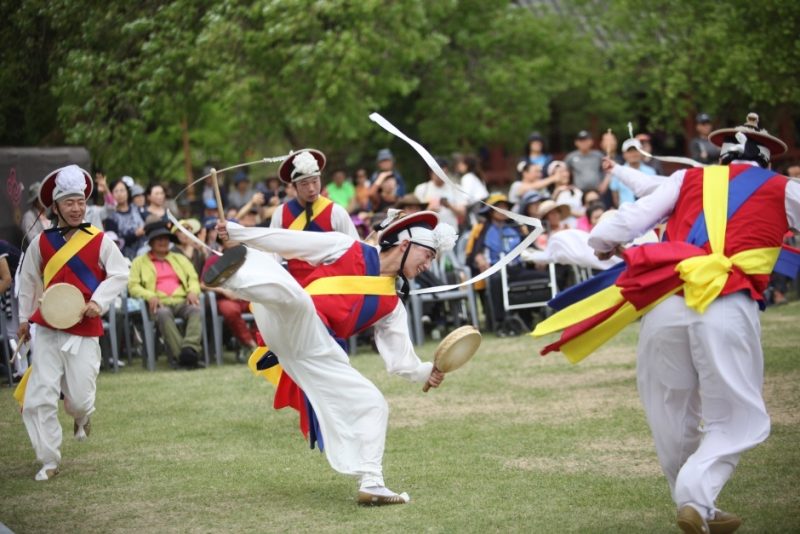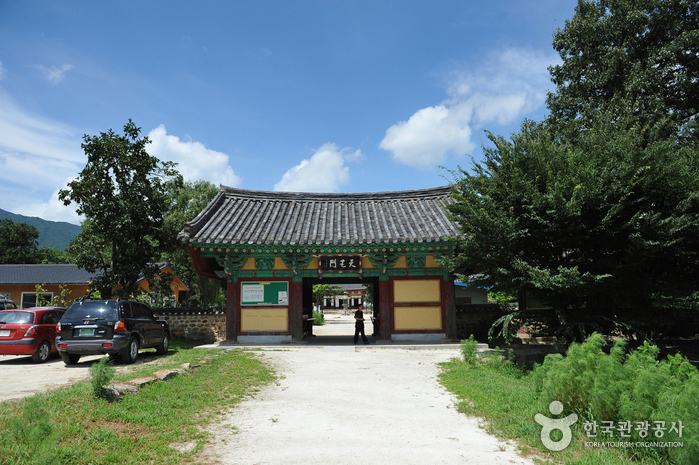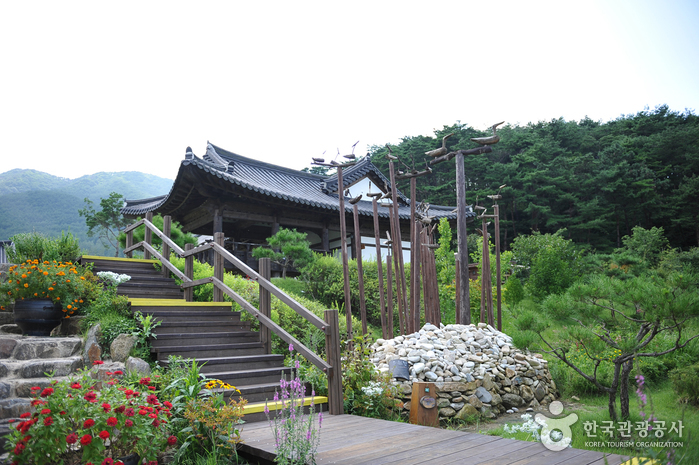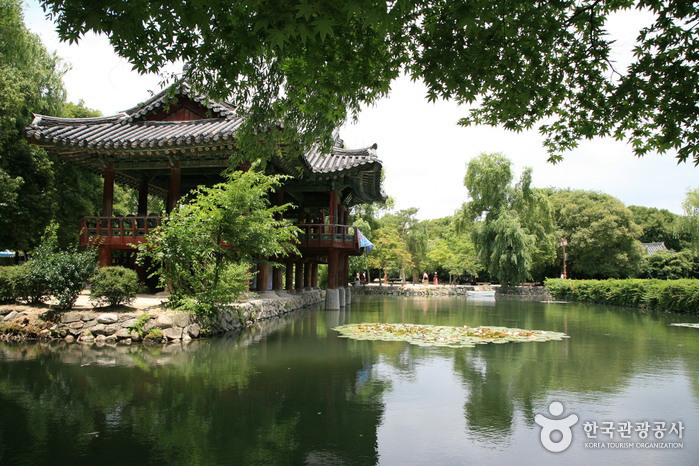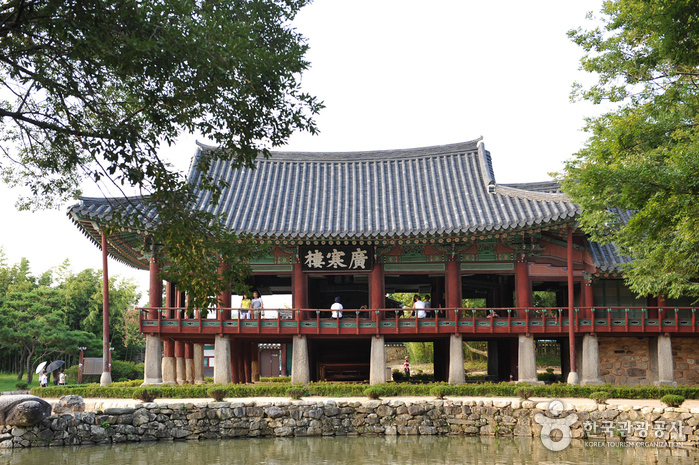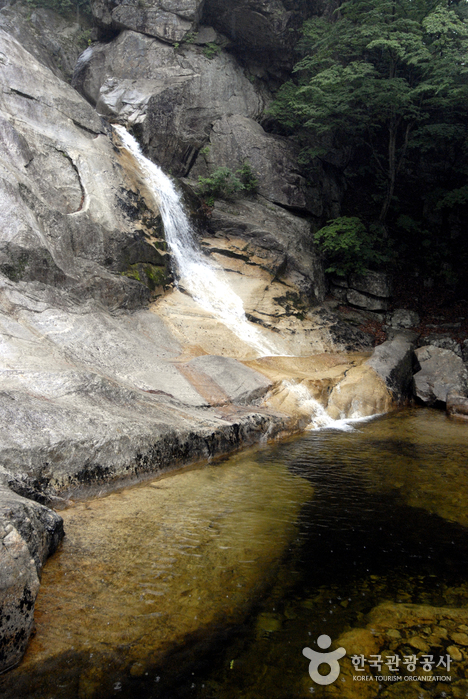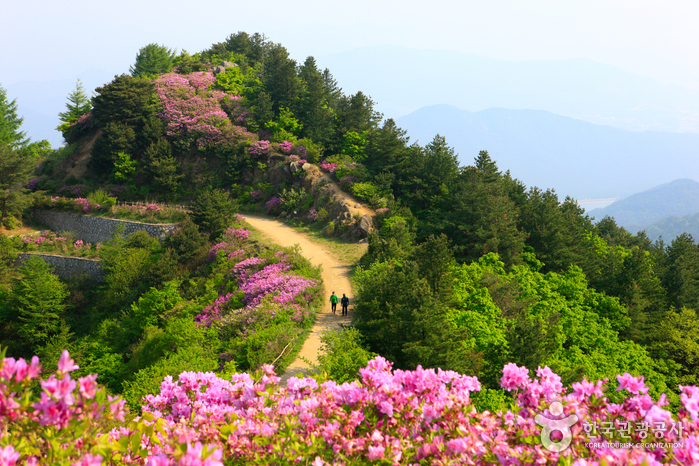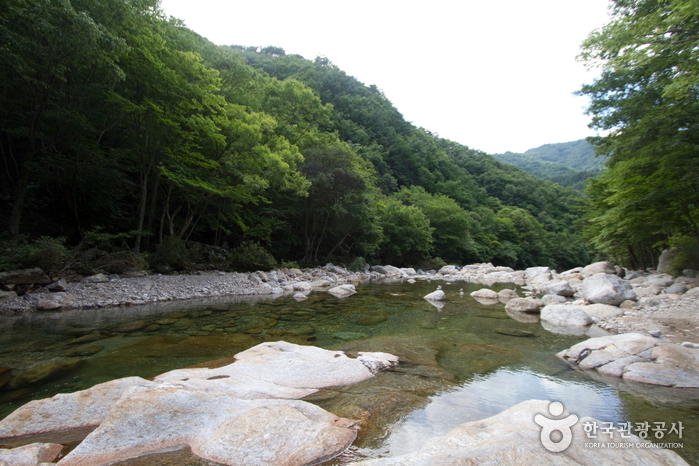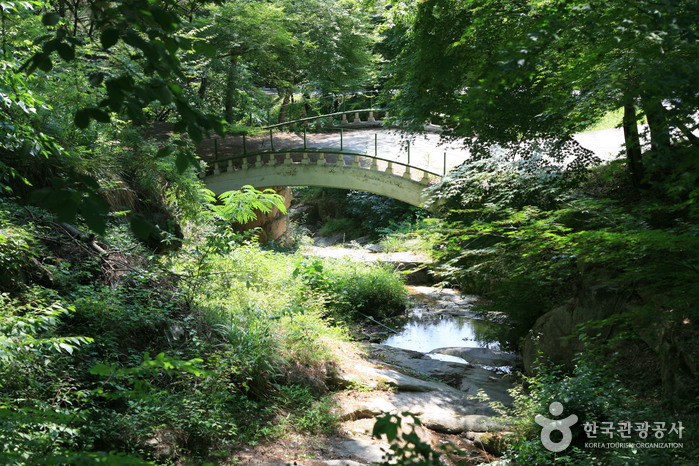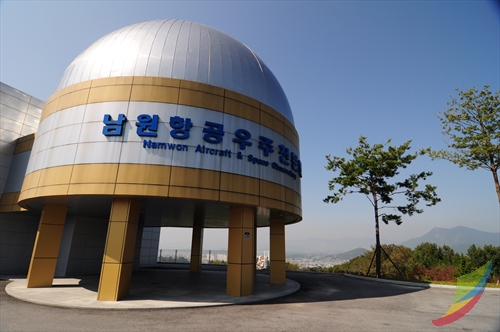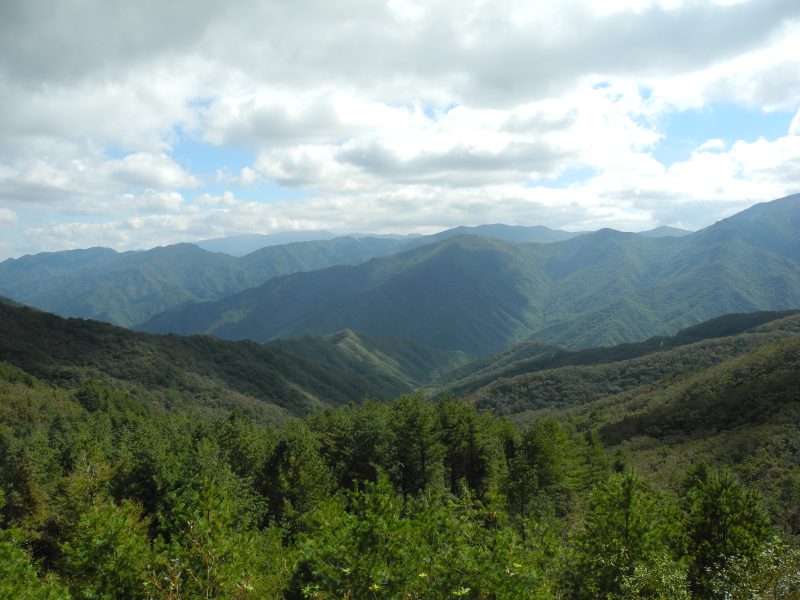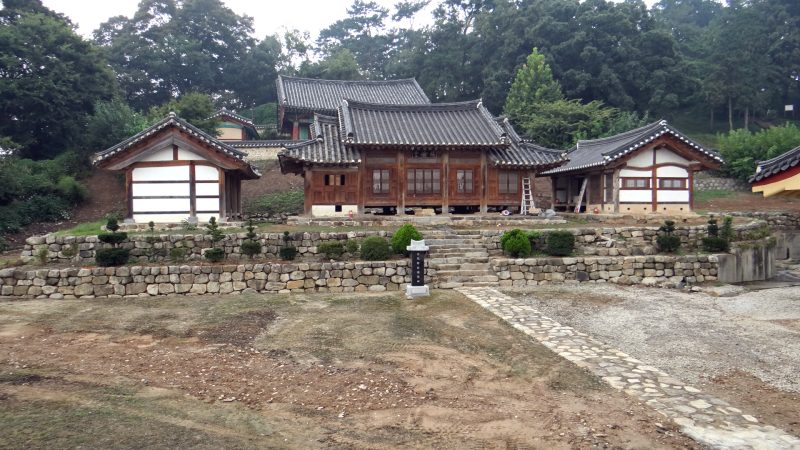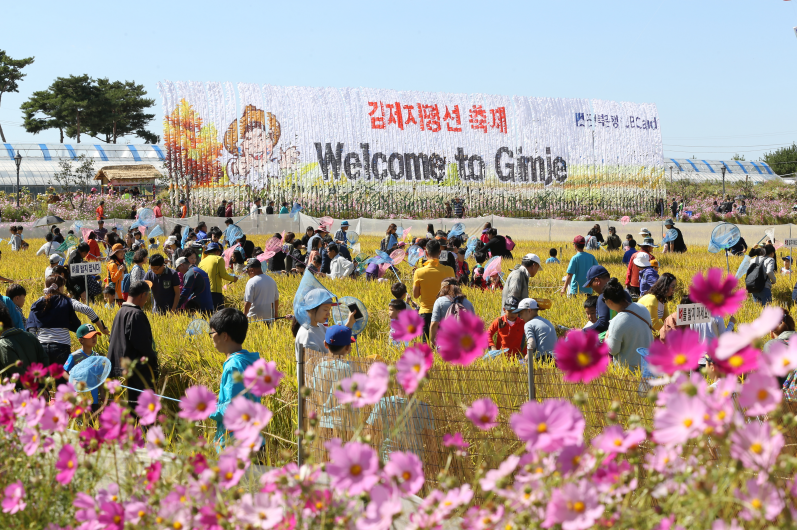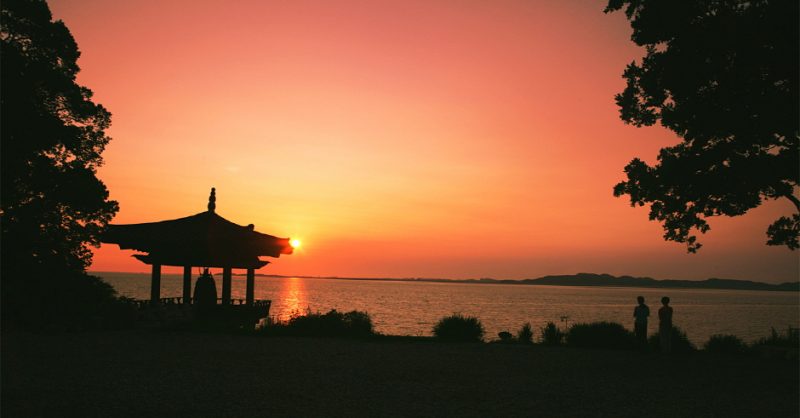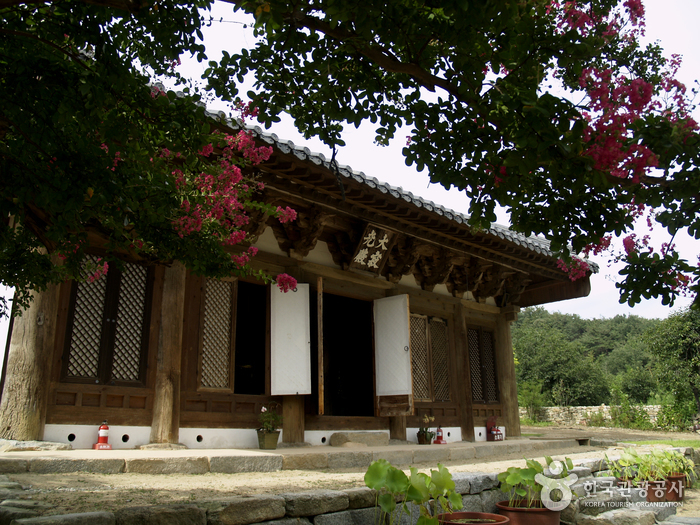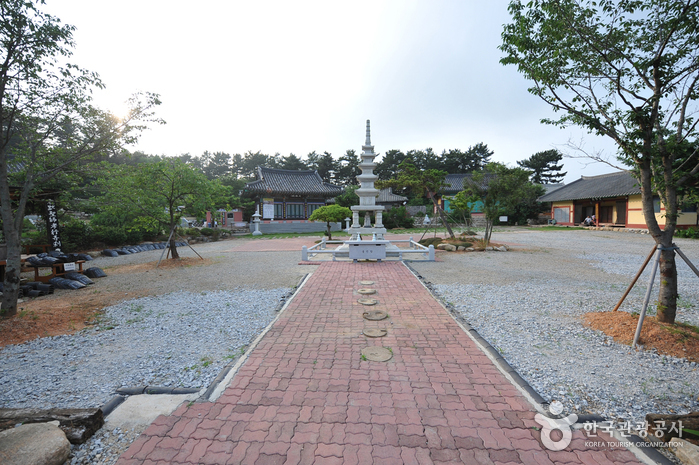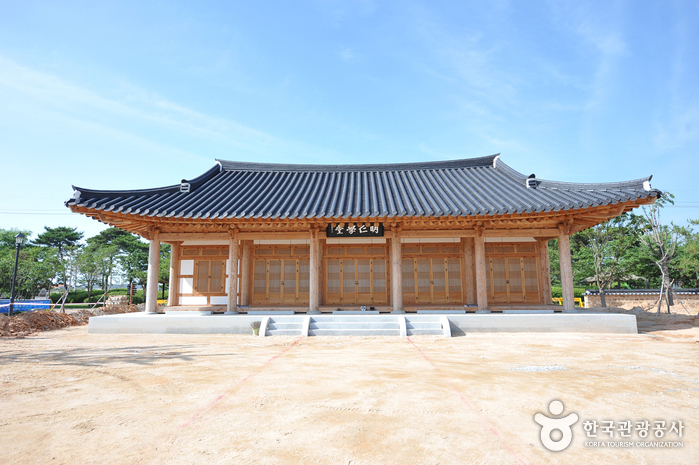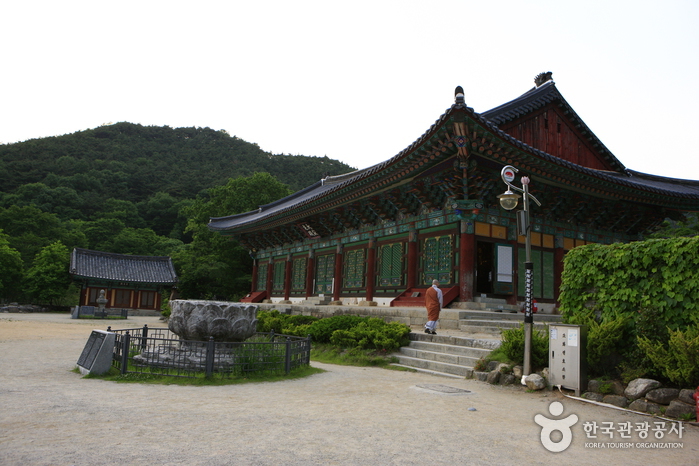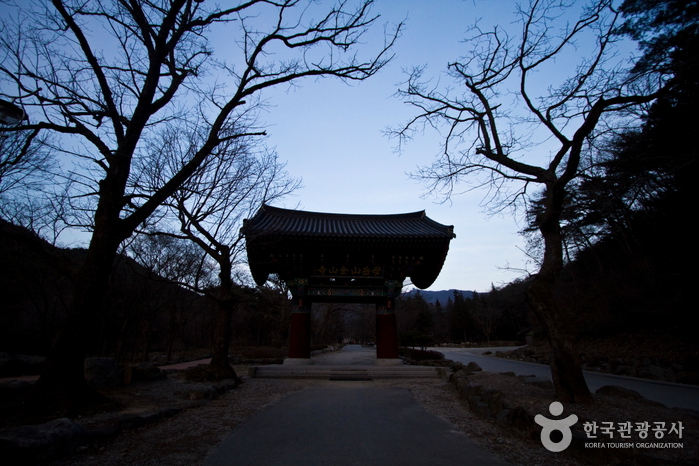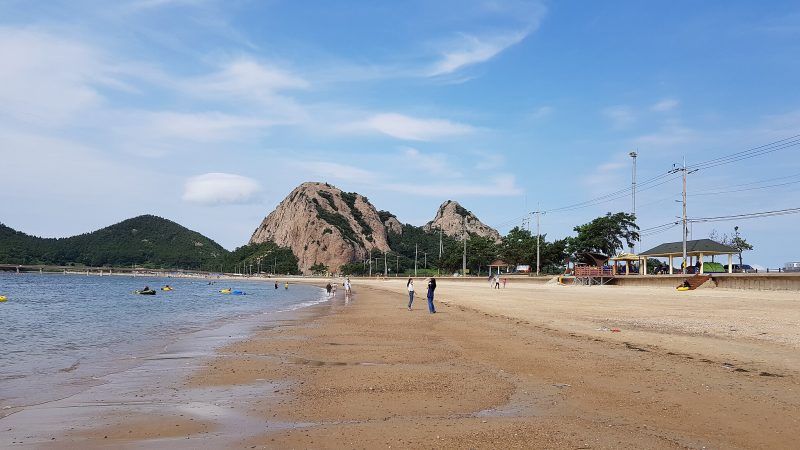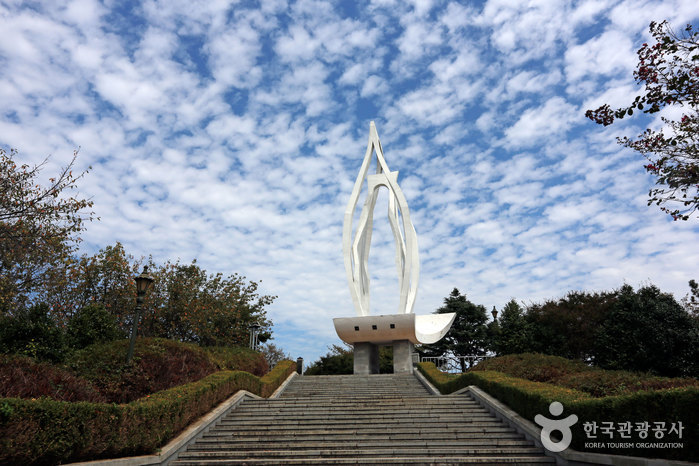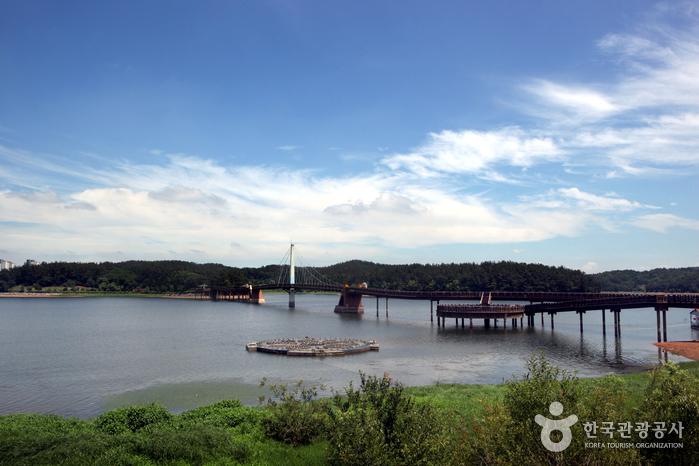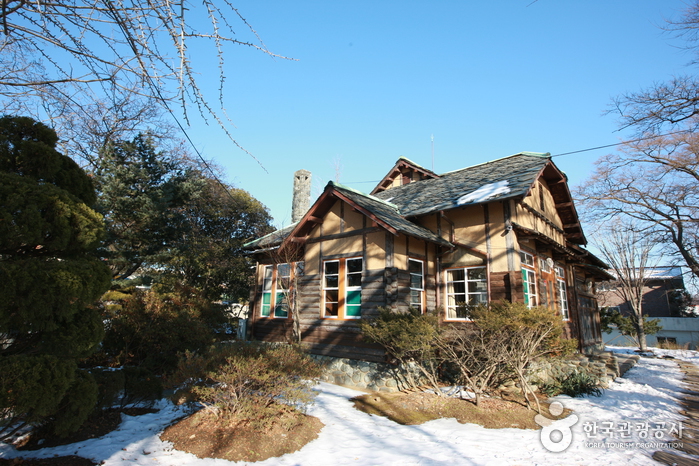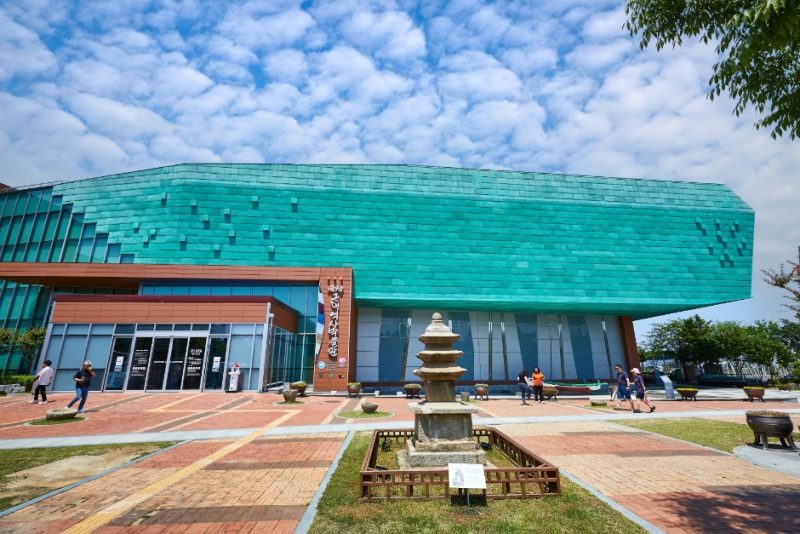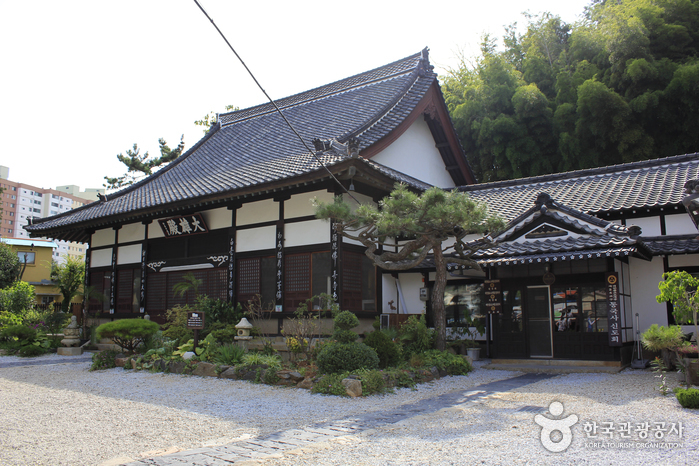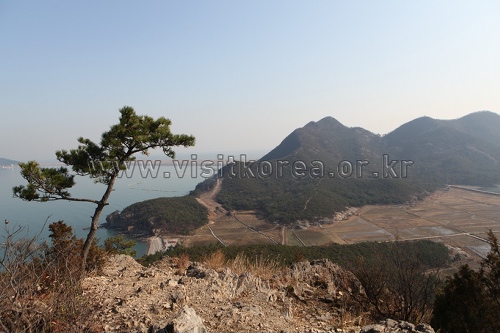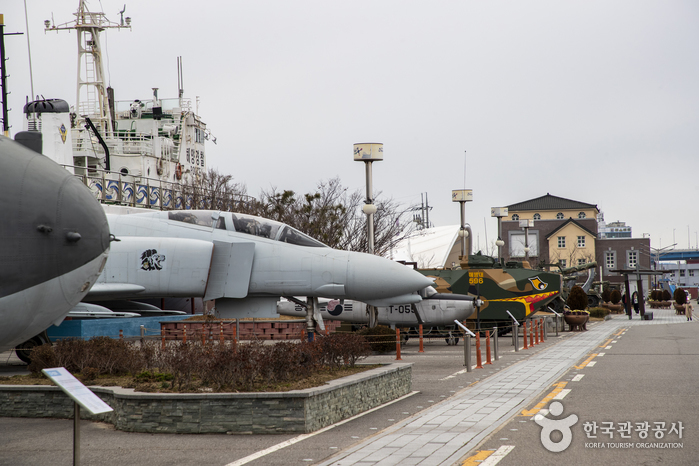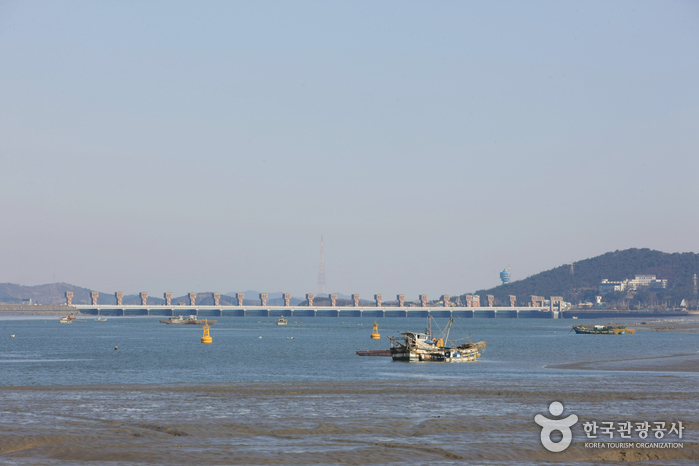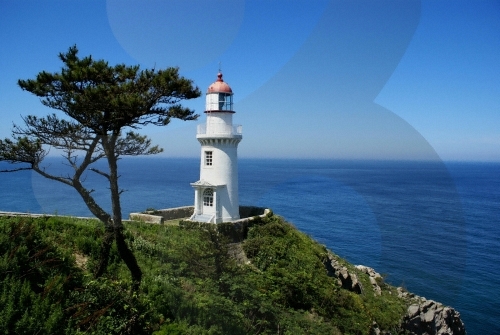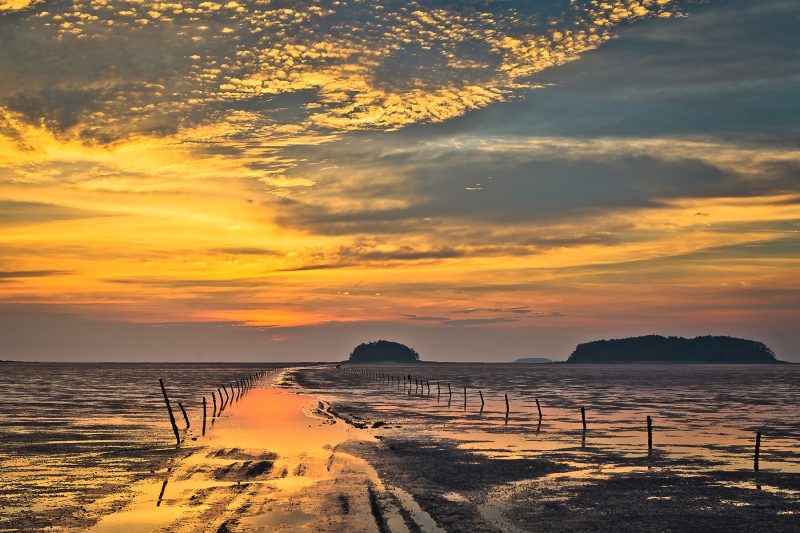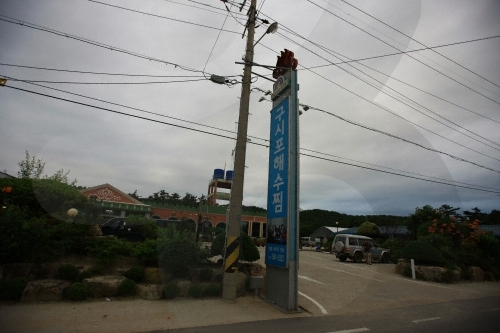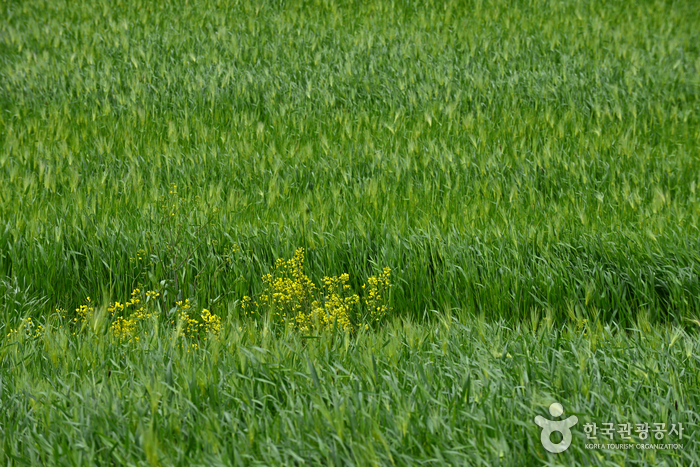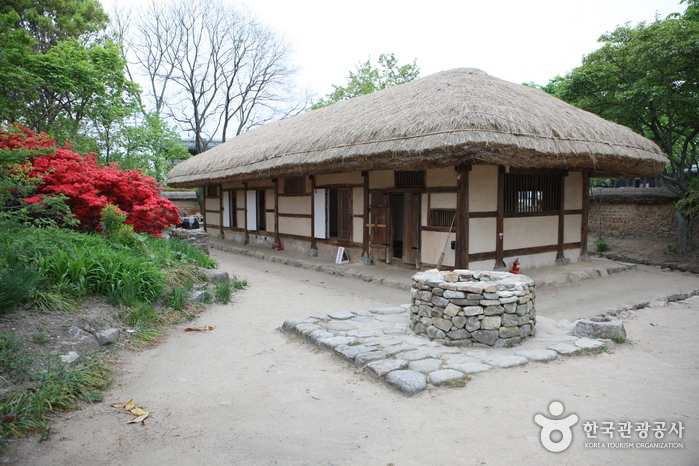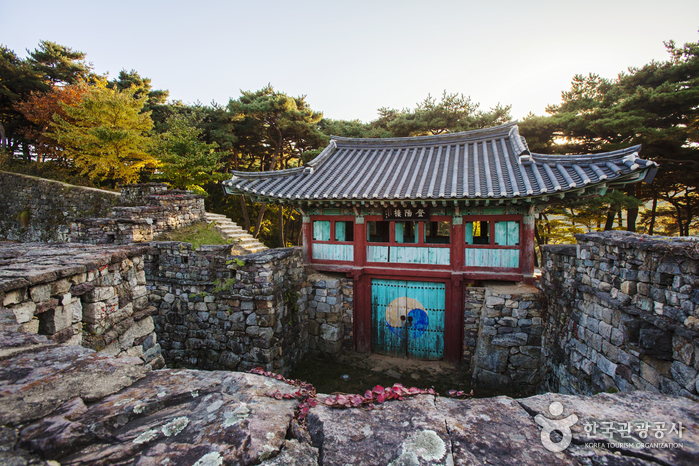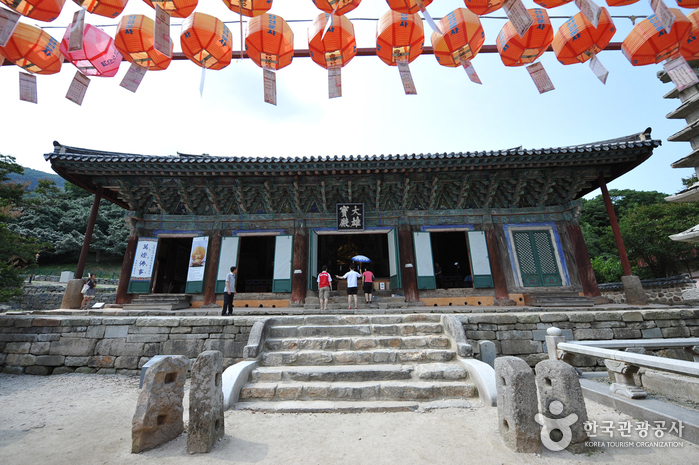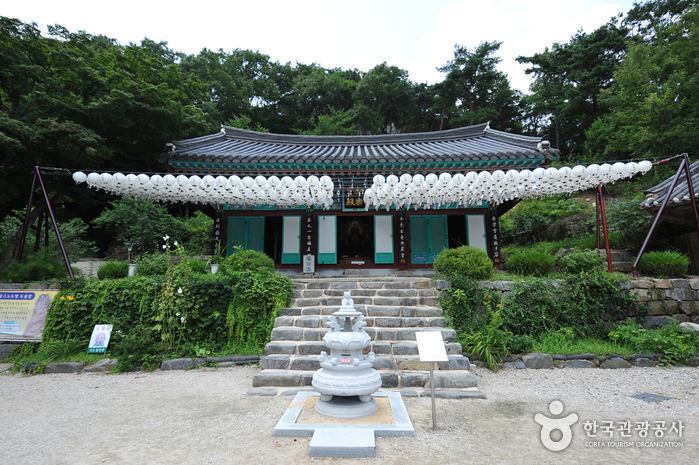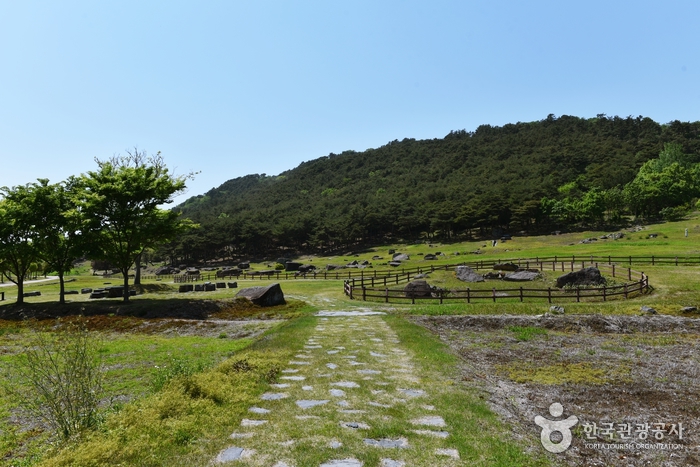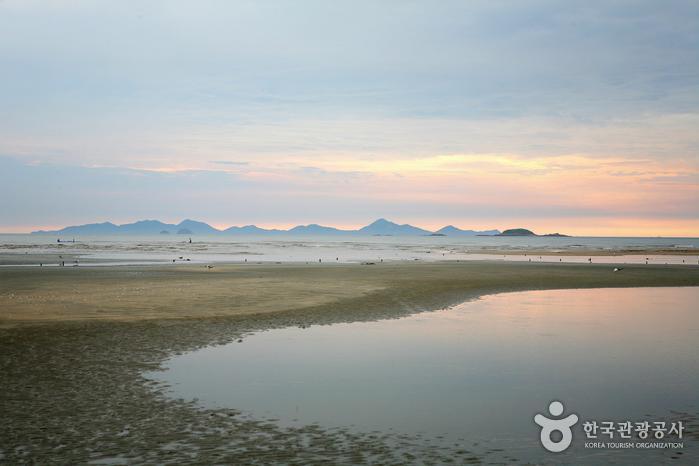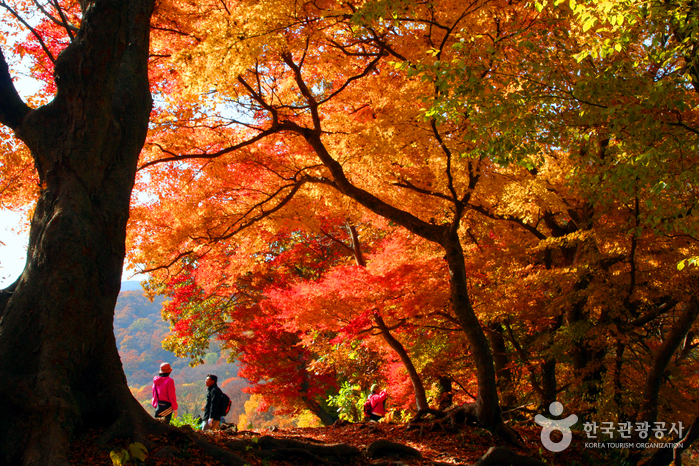Discover the Rich Cultural Heritage and Scenic Beauty of Jeollabuk-do
Welcome to Jeollabuk-do, a province located in the southwestern part of South Korea. Bordered by the Sobaek Mountain range to the east, the Yellow Sea to the west, the Noryeongsan Mountain range to the south, and Chungcheongnam-do to the north along the Geum River, Jeollabuk-do offers a diverse range of attractions. Positioned between 127°54′ to 125°58′ East longitude and 36°09′ to 35°18′ North latitude, the province covers an area of 8,066.48 square kilometers and is home to approximately 1.87 million residents as of 2015. Jeollabuk-do consists of six cities and eight counties, with the provincial capital located in Hyoja-dong, Wansan-gu, Jeonju City.
Why Visit Jeollabuk-do?
- Cultural Heritage: Jeollabuk-do is renowned as a cultural hub, with Jeonju at its center, known for its traditional folk crafts such as calligraphy, traditional crafts, hanji (traditional Korean paper), and fans. The region is also famous for cultural festivals, including Jeonju’s Jeonju Hanji Culture Festival and Pungnamje, Namwon’s Chunhyang Festival, Iksan’s Mahan Folk Art Festival, and Gimje’s Yeongdong Cultural Festival. With the Provincial National Gugak Center at its heart, the province embraces and nurtures a deep love for traditional Korean music. Don’t miss the opportunity to savor the traditional cuisine and iconic dishes like bibimbap that Jeollabuk-do is known for.
- Cultural Heritage Sites: Jeollabuk-do is home to numerous cultural heritage sites, including 7 national treasures, 93 treasures, 35 historic sites, 27 natural monuments, 13 important intangible cultural assets, and 10 important folklore materials designated by the national government. The region also boasts 550 locally designated cultural heritage sites.
- Arts and Performances: Jeollabuk-do offers a vibrant arts scene, with four symphony orchestras, four national traditional music groups, eight choirs, and one theater group. Cultural spaces are concentrated in cities such as Jeonju, Gunsan, Iksan, Jeongeup, Namwon, and Gimje.
- Traditional Folk Games: Many traditional folk games have been excavated and developed in Jeollabuk-do. These include Iksan Gisebae (a traditional ritual) and Wido Ttibatnori (a tightrope walking game), Gochang Eupseongdapseongnori (a traditional game), Iksan Nongak (farmers’ music and dance), Namwon Samdonggutnori (a shaman ritual), Gimje Ibsokjuldarigi (a traditional tug-of-war game), and Samnye Goeul Gajeonsangyeosori (a traditional market festival).
Plan Your Visit:
- Best Time to Visit: Jeollabuk-do is beautiful throughout the year. Spring (April to June) and autumn (September to November) offer pleasant weather for outdoor activities. Summers (July to August) are warm and perfect for enjoying the beach. Winters (December to February) can be cold but offer unique charms and traditional Lunar New Year festivities.
- Transportation: Jeollabuk-do is well-connected with an efficient transportation system, including trains, buses, and highways. The KTX (Korea Train Express) provides convenient access to major cities within the province.
- Language: Korean is the official language in Jeollabuk-do. While English may be limited in some areas, tourist sites and facilities often have English signage and staff who can assist visitors.
- Currency: The currency used in Jeollabuk-do is the South Korean Won (KRW). ATMs are widely available, and credit cards are commonly accepted in hotels, restaurants, and larger establishments.
- Safety: Jeollabuk-do is generally a safe region for travelers. However, it is always advisable to take normal precautions, such as keeping an eye on personal belongings and staying informed about local safety guidelines.
Explore the vast plains of the western region and the majestic mountains in the eastern part of Jeollabuk-do. From scenic attractions and cultural heritage sites to diverse natural landscapes, the province offers an abundance of tourist destinations. With national parks, historic temples, hiking trails, natural monuments, fishing spots, archaeological sites, ski resorts, valleys, waterfalls, beaches, rocky cliffs, and paragliding areas, Jeollabuk-do has something for everyone.
Jeonju and Namwon offer a range of accommodations, including hotels and condos, while hot springs can be found near Jeonju and Namwon, providing relaxation opportunities for visitors. There are 23 themed tourist courses, including historical and cultural exploration, leisure tourism, combination tours, and scenic drives. Efforts are also underway to develop linked tourism routes.
Sports facilities in Jeollabuk-do include 11 comprehensive sports stadiums and 13 indoor sports arenas.
Don’t miss the opportunity to immerse yourself in the rich cultural heritage, vibrant arts scene, and stunning natural beauty of Jeollabuk-do. Embark on a journey of discovery and create unforgettable memories in one of South Korea’s most captivating destinations.

